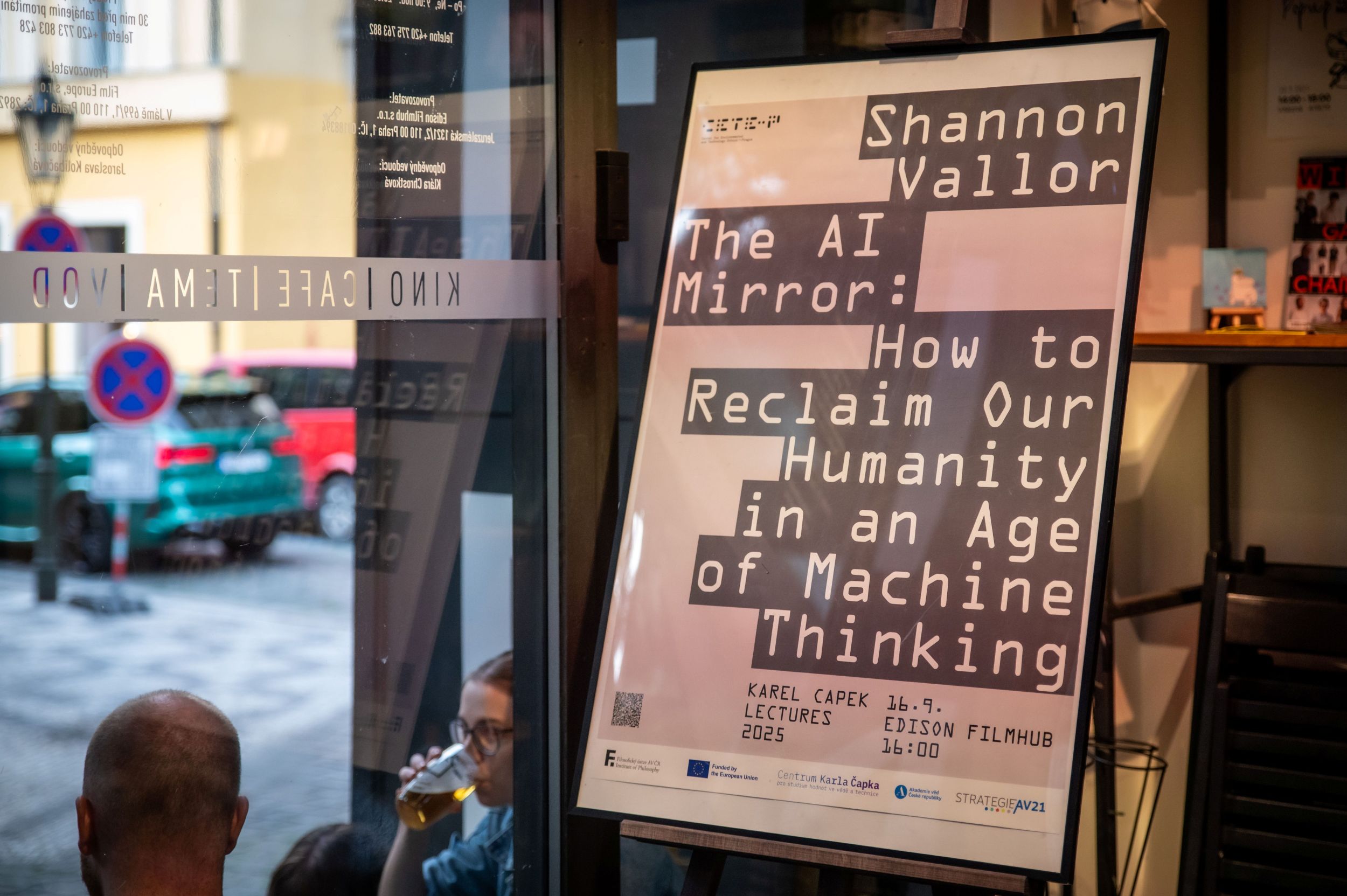
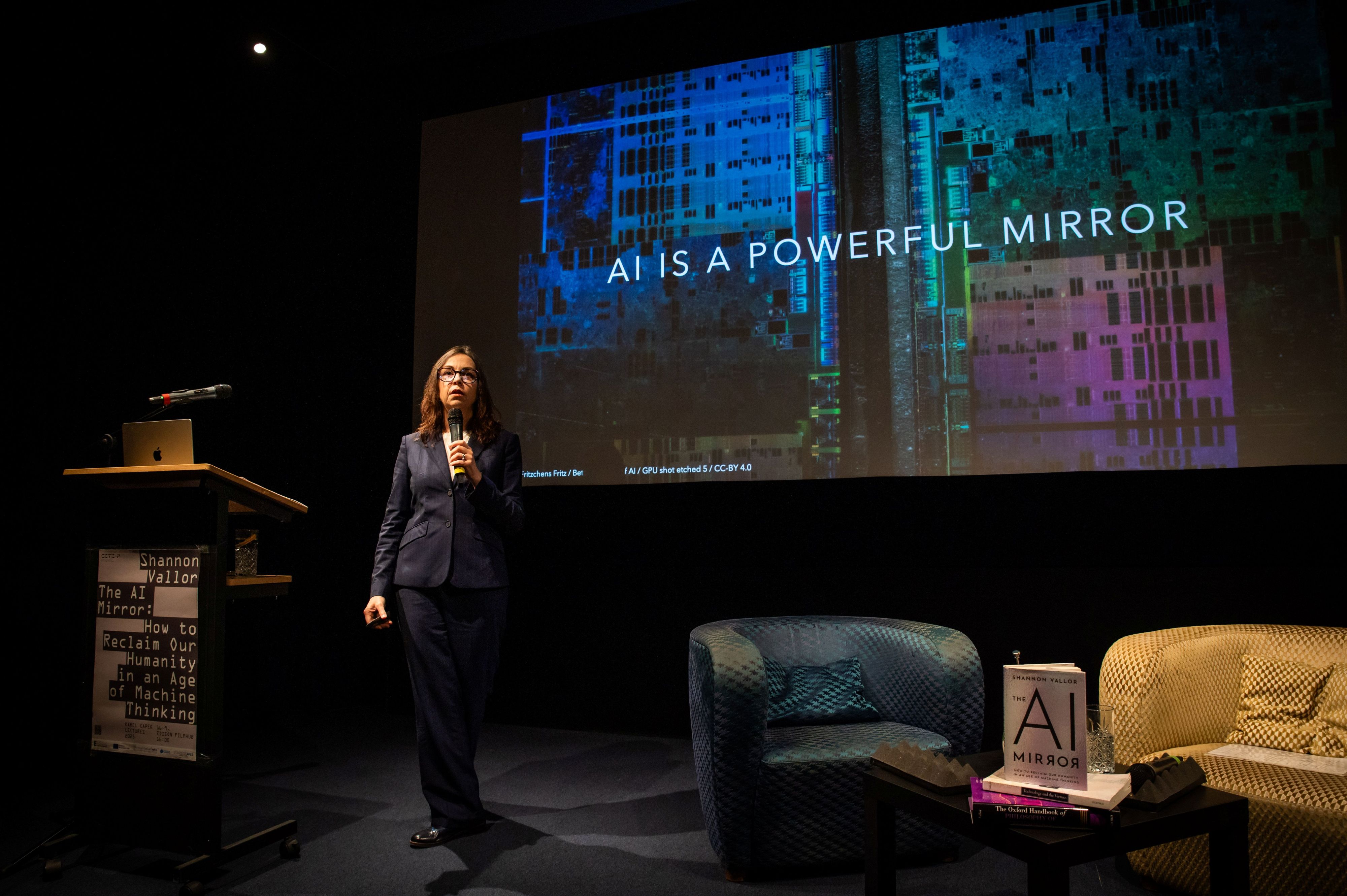
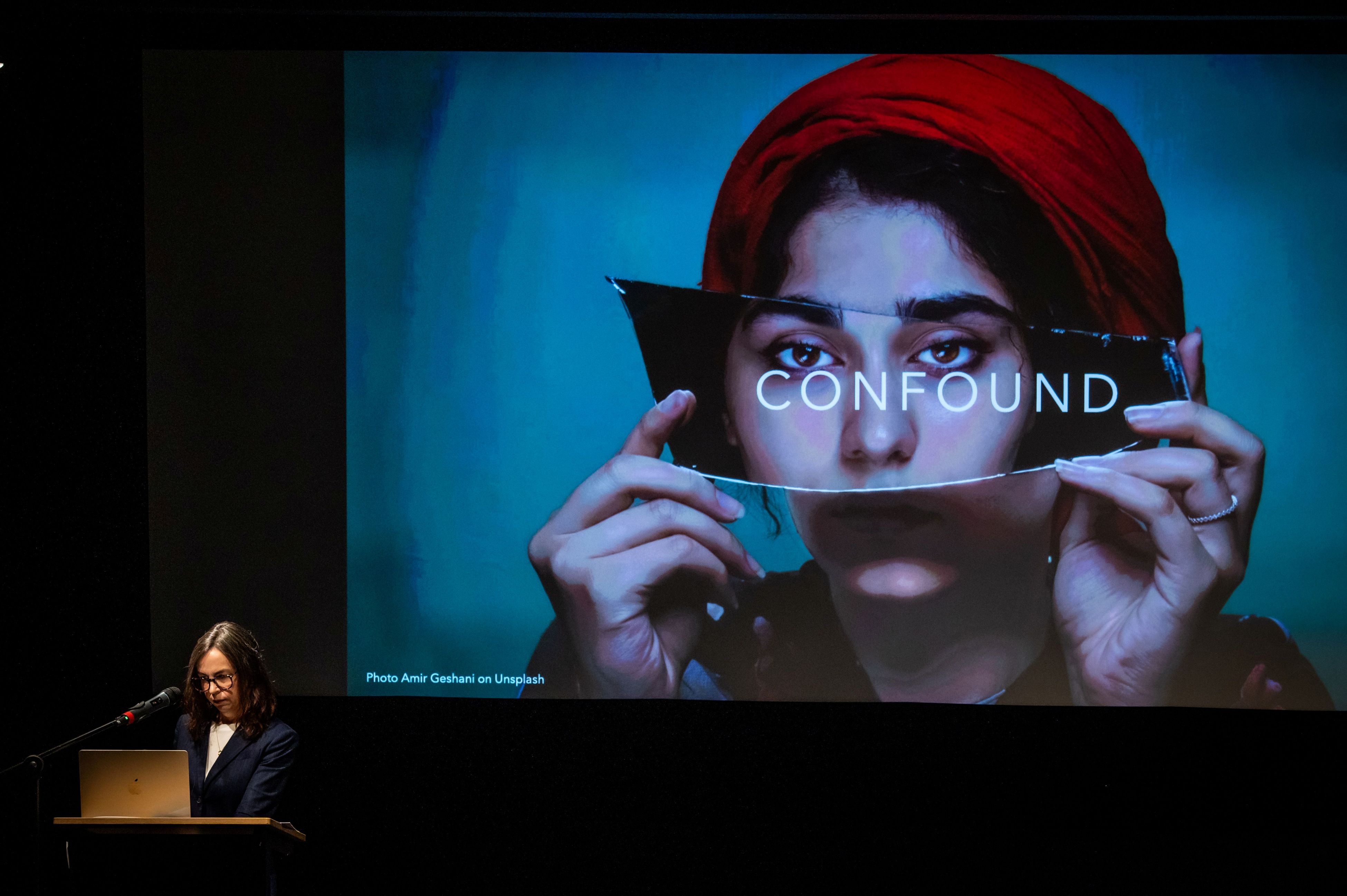
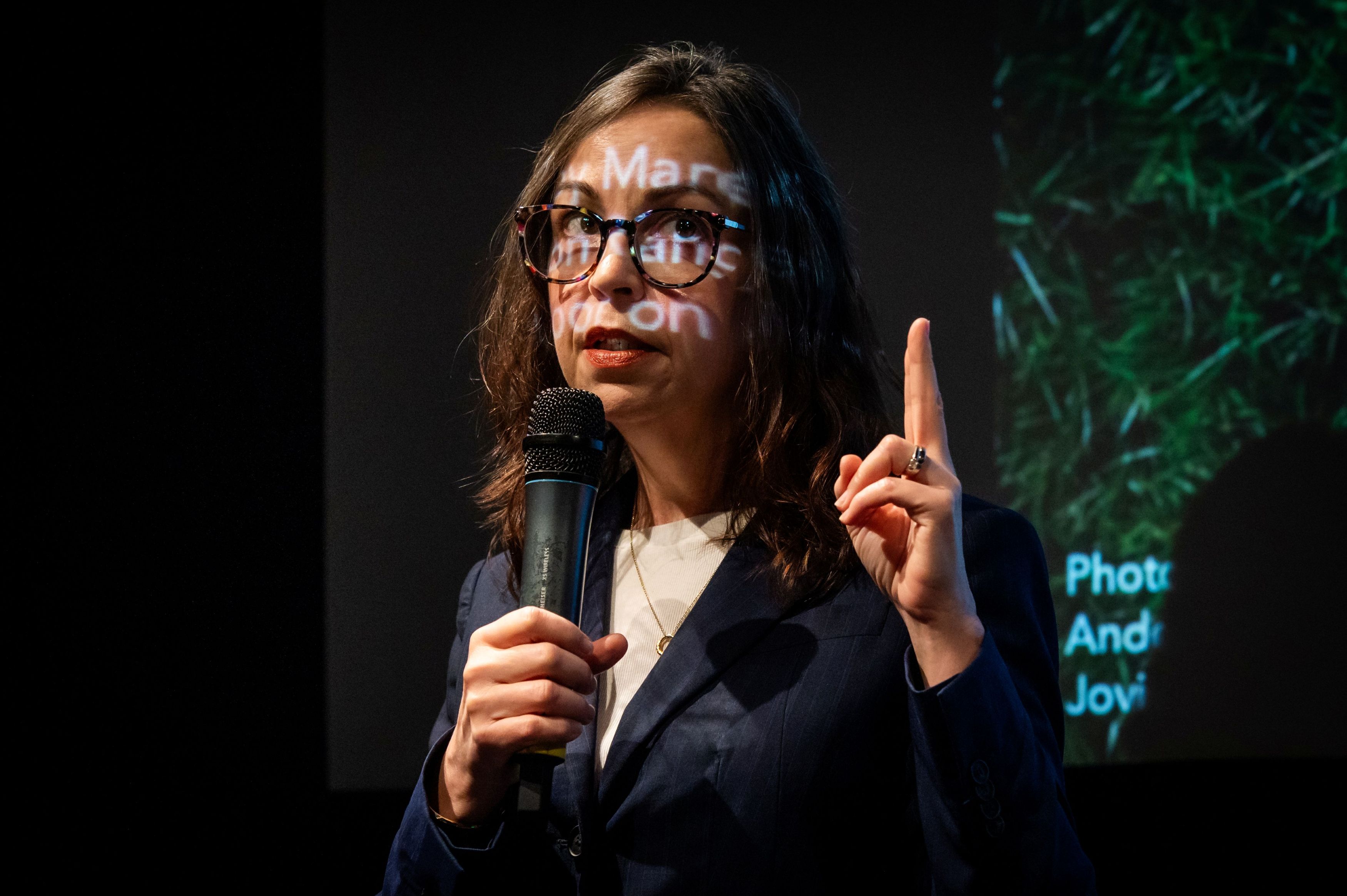
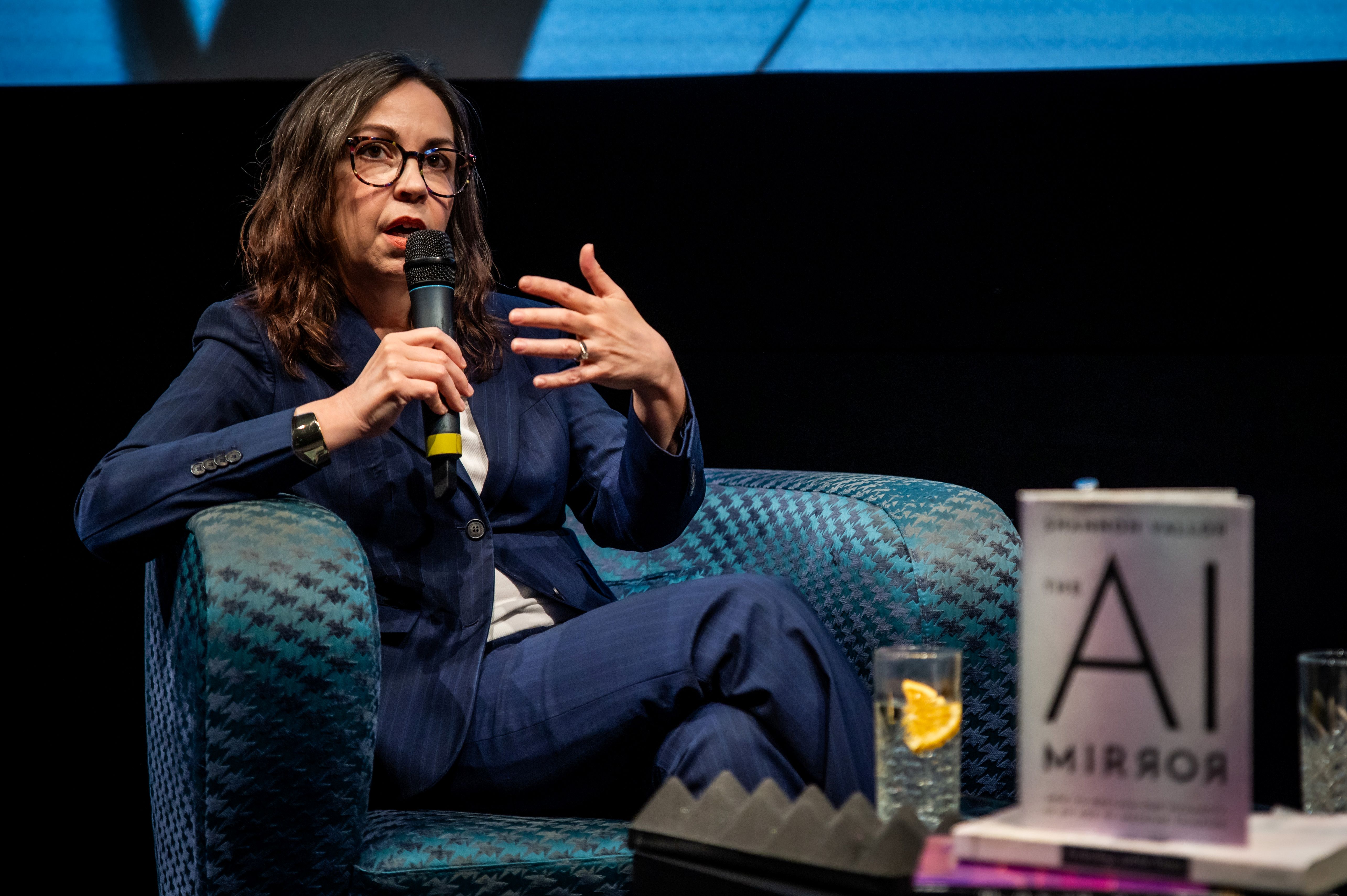
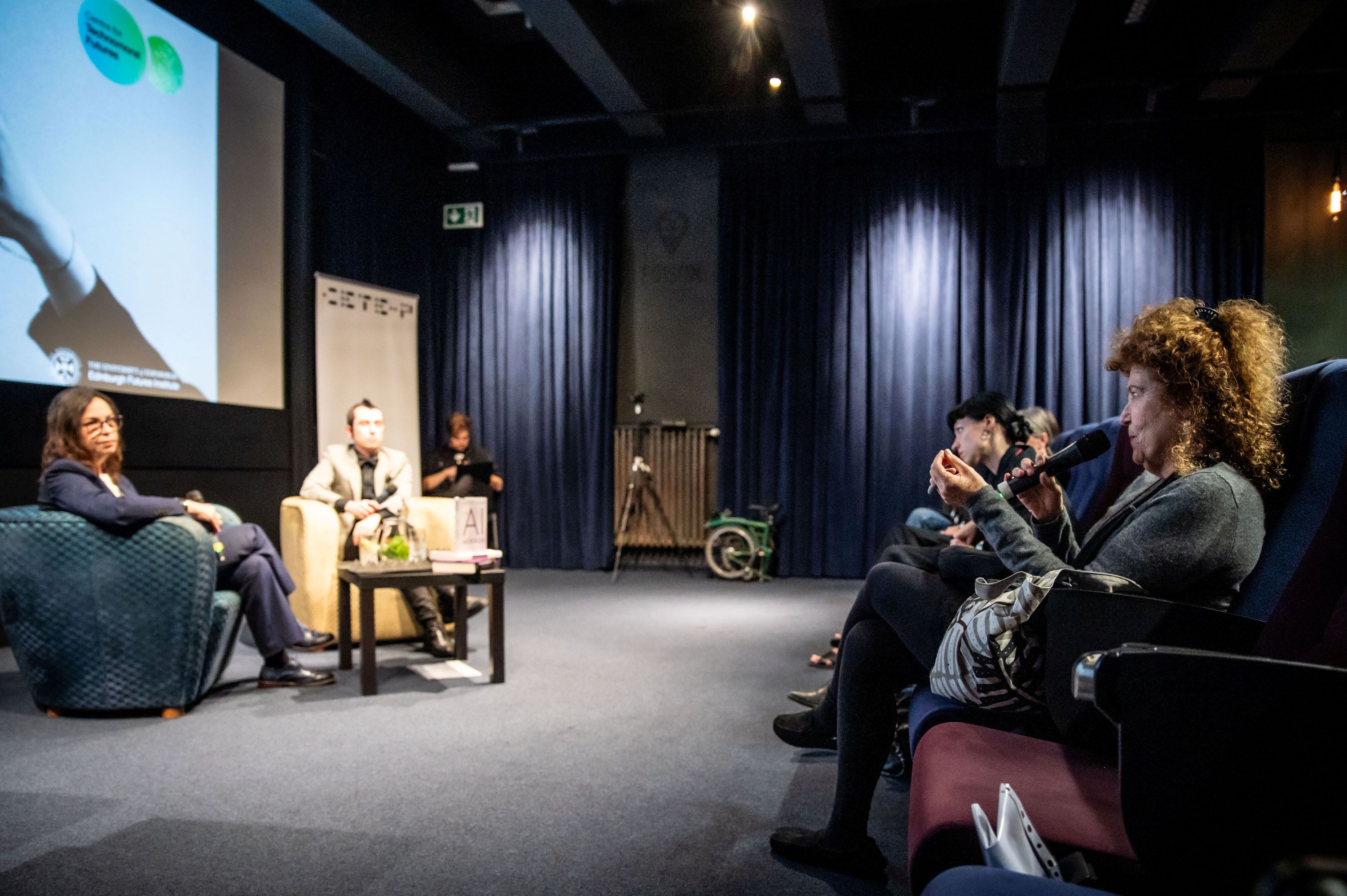
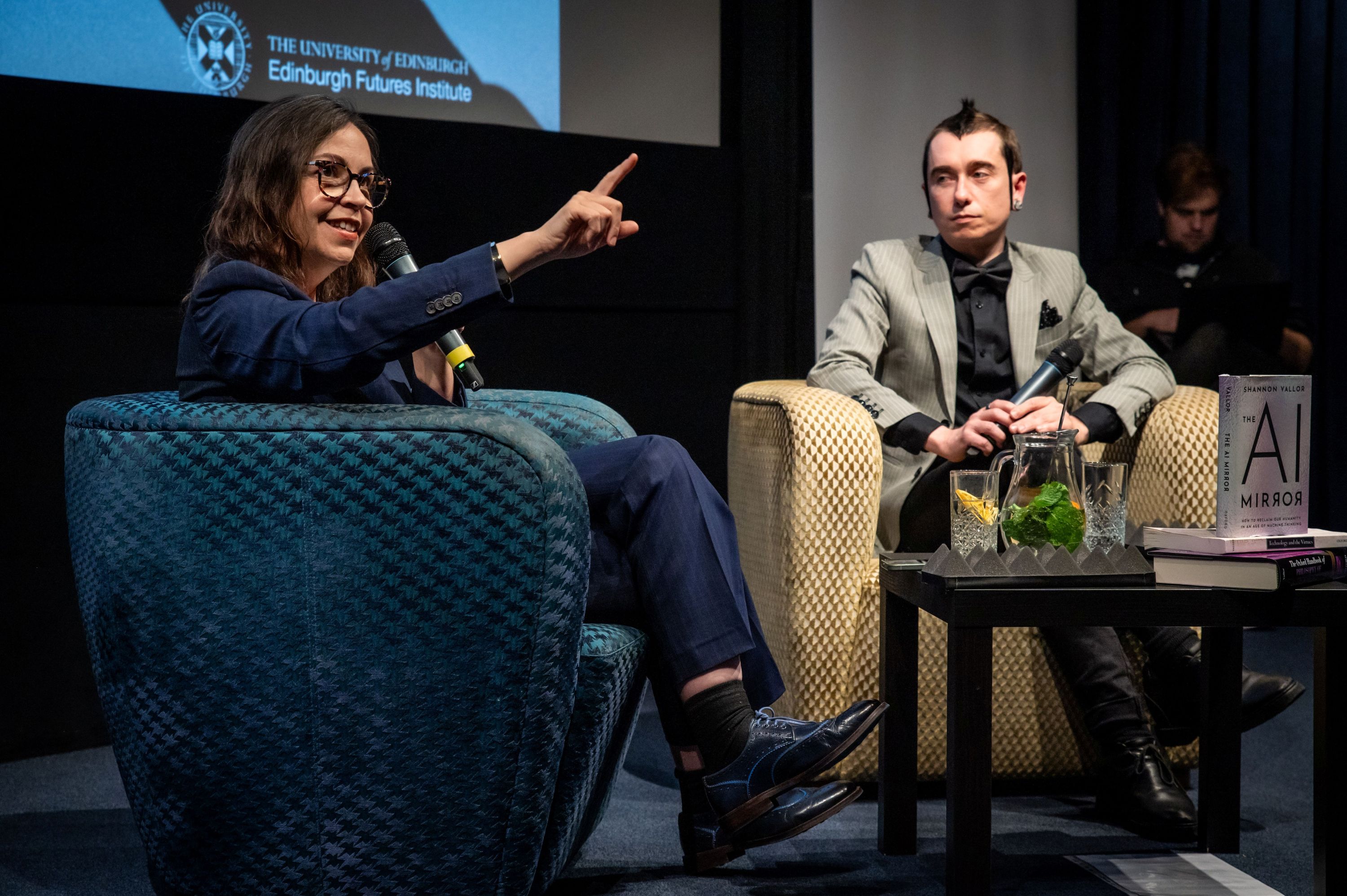
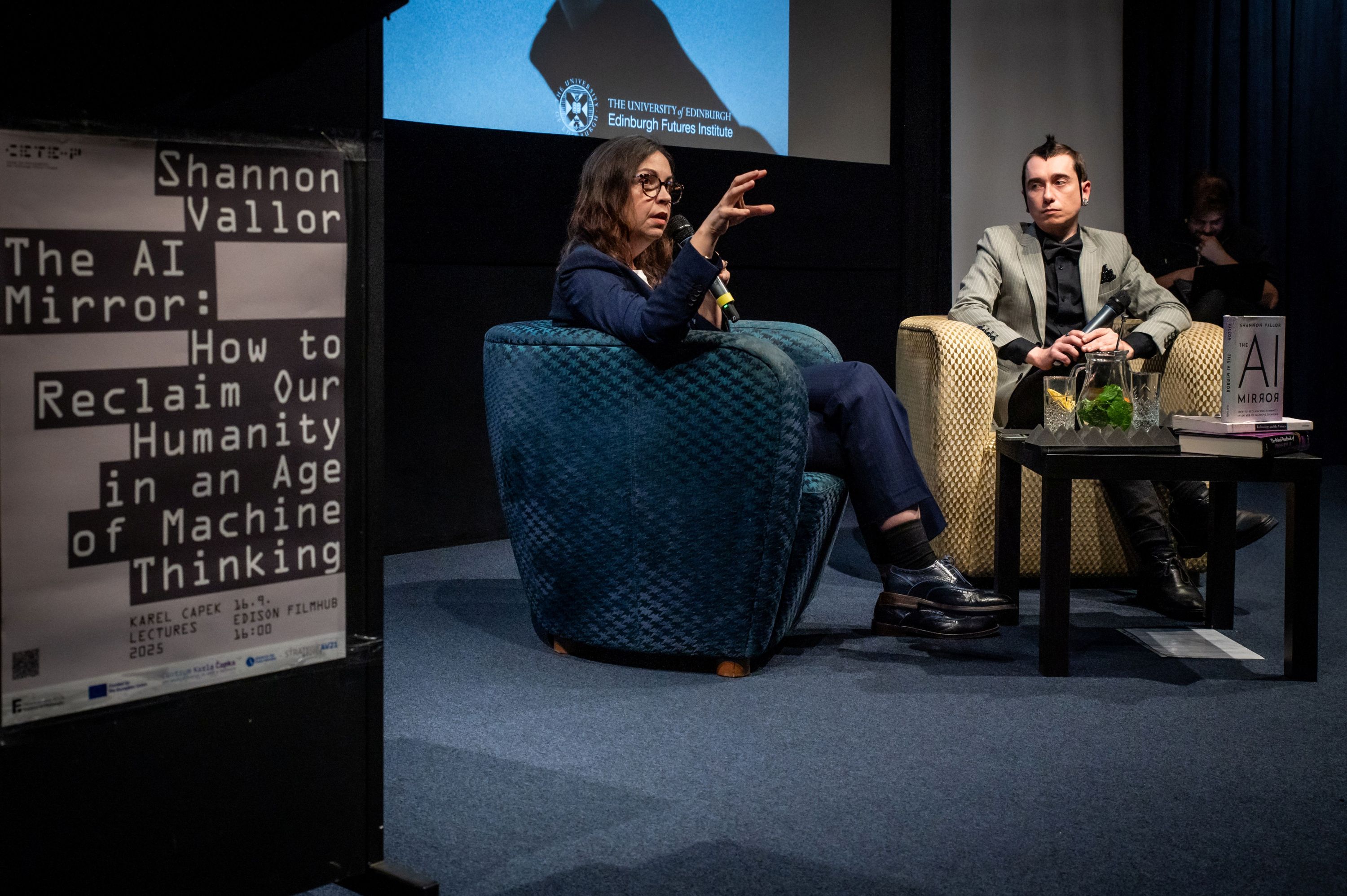
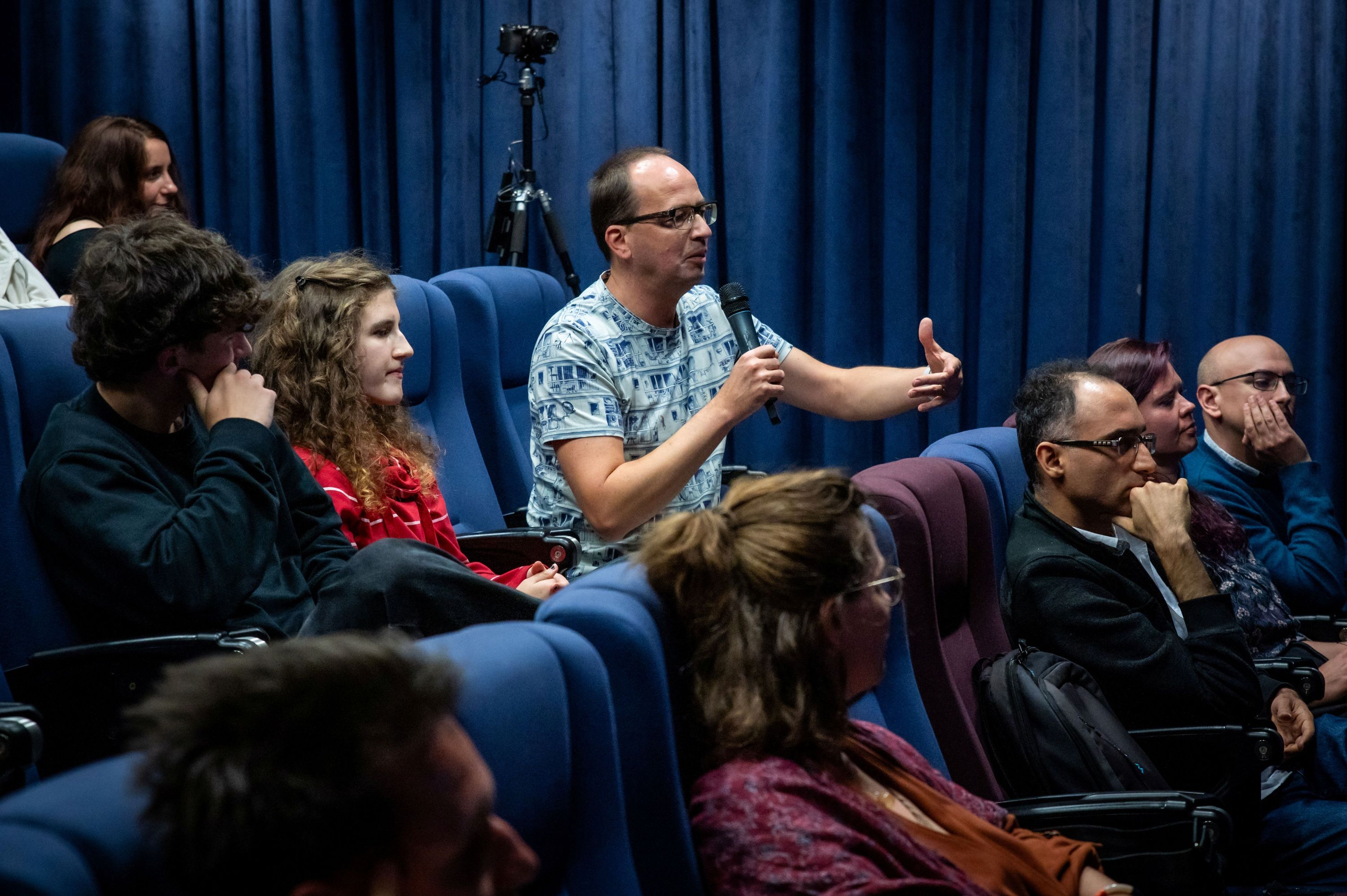
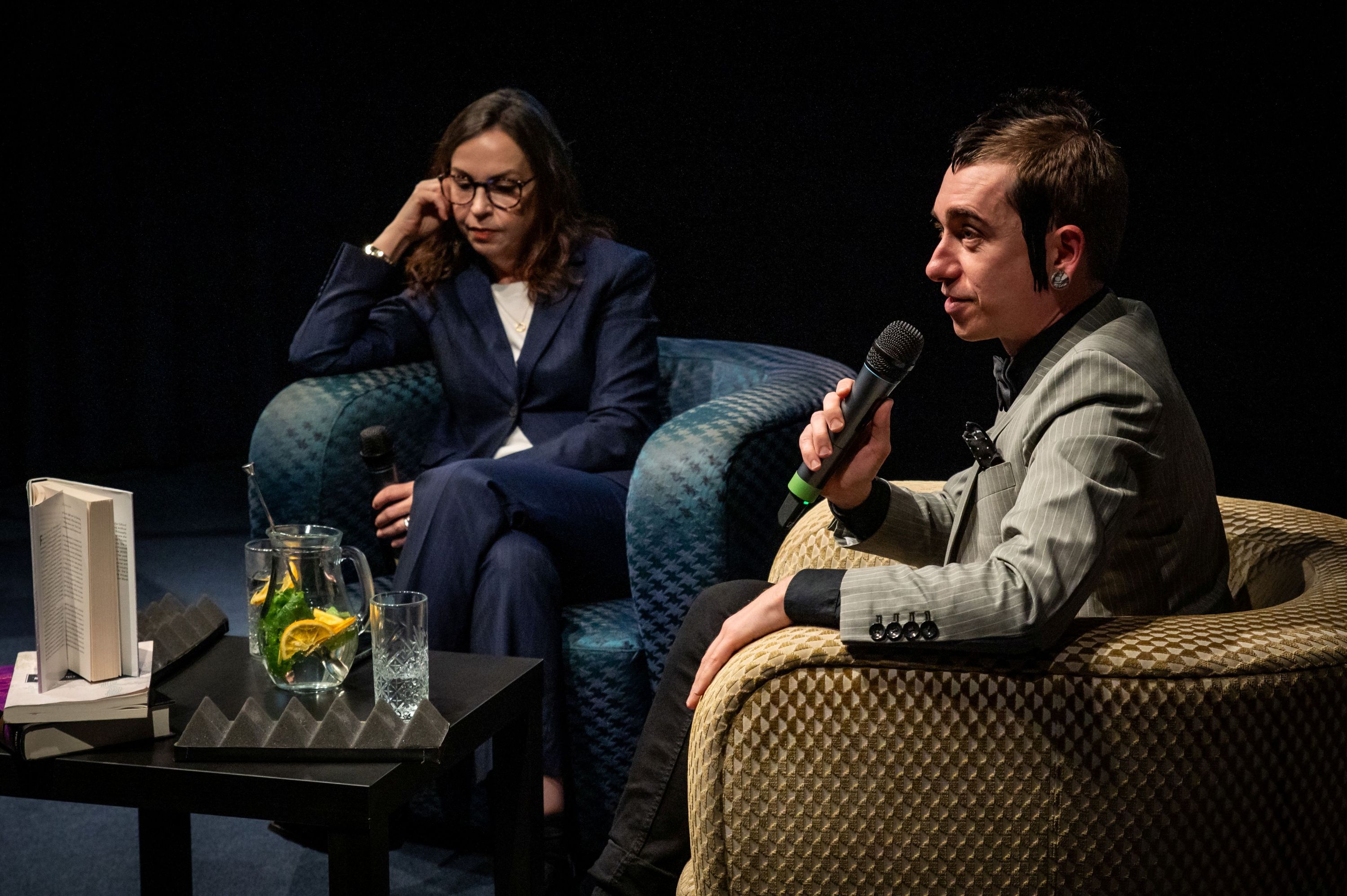
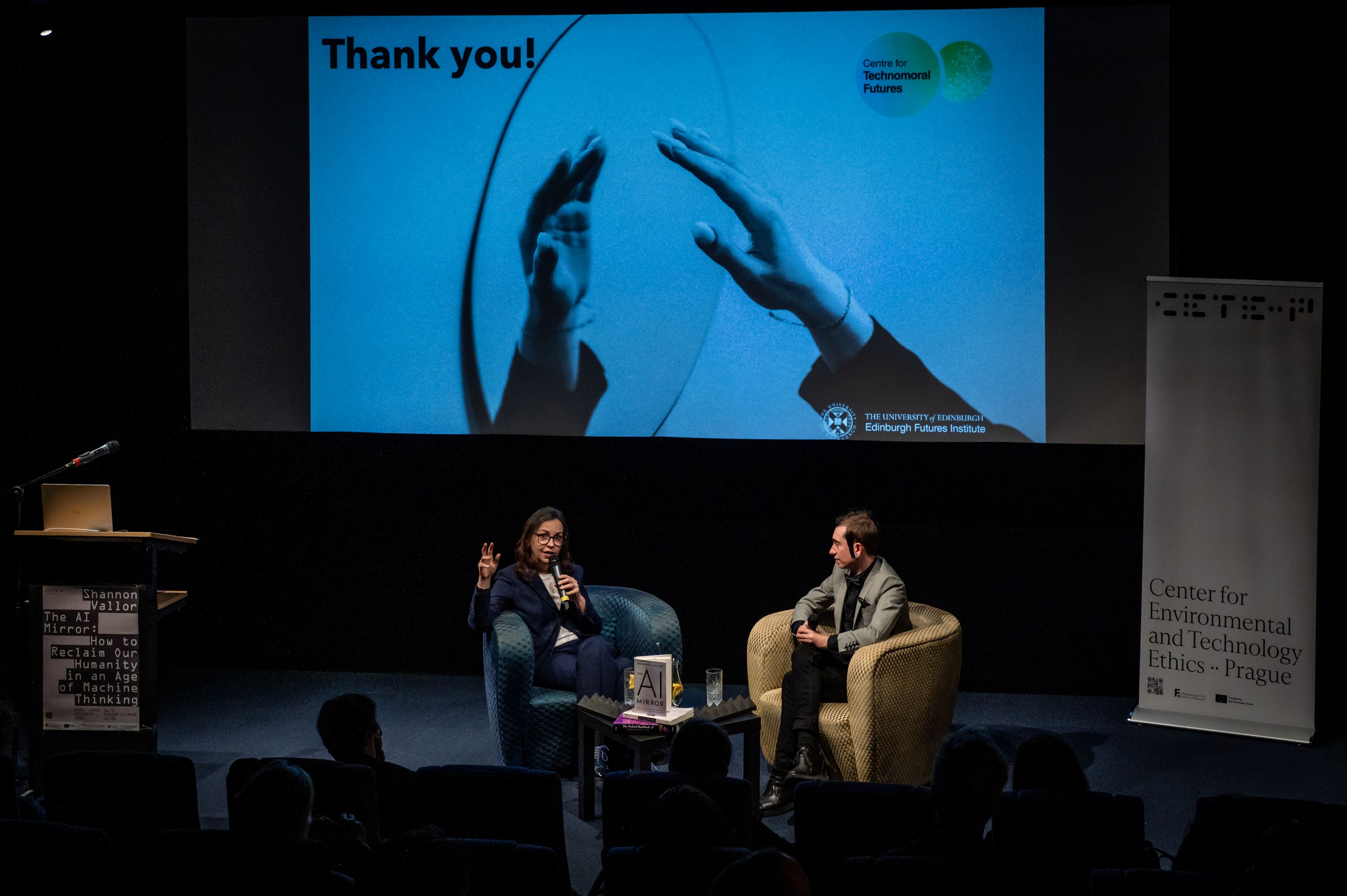
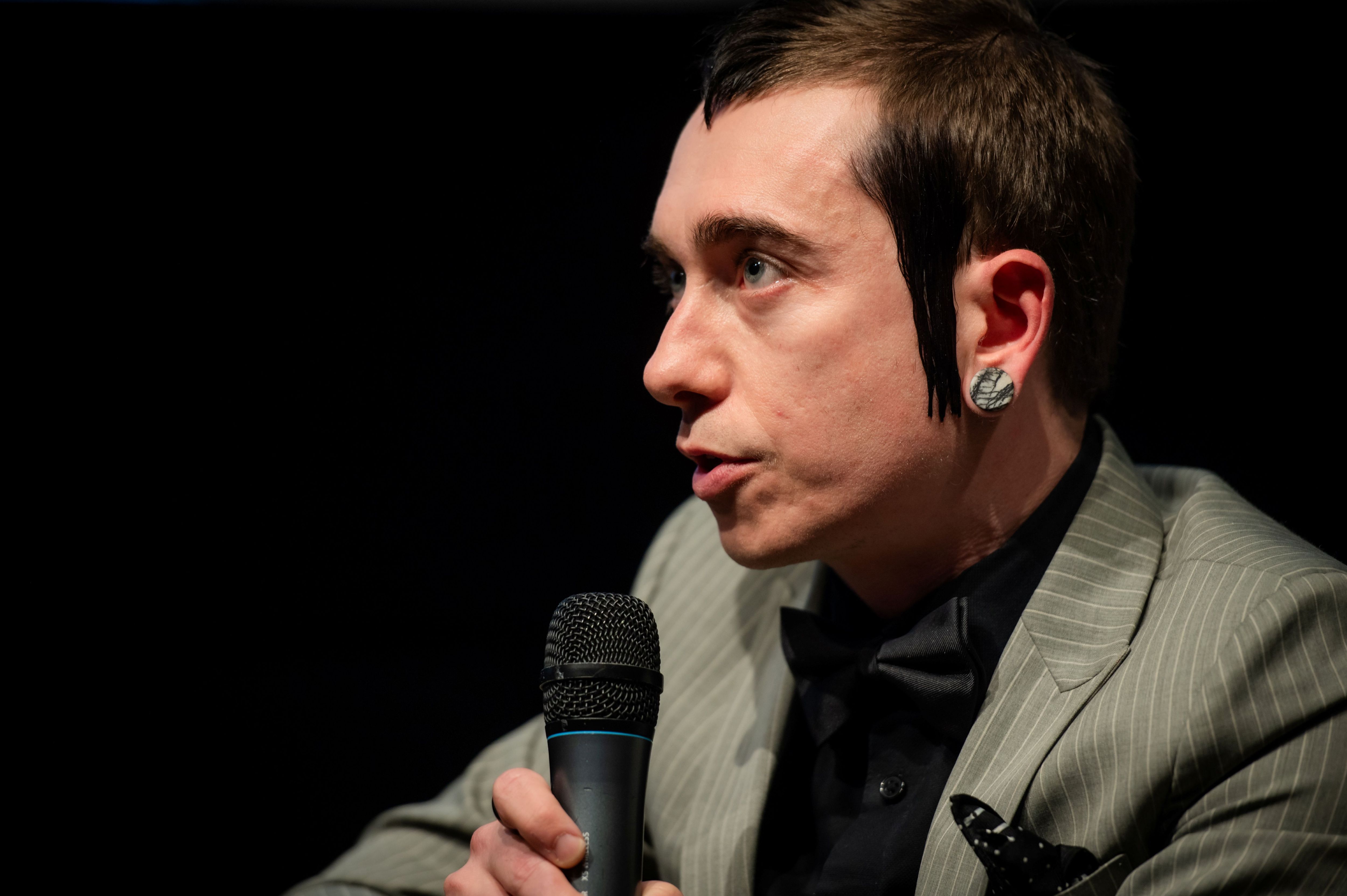
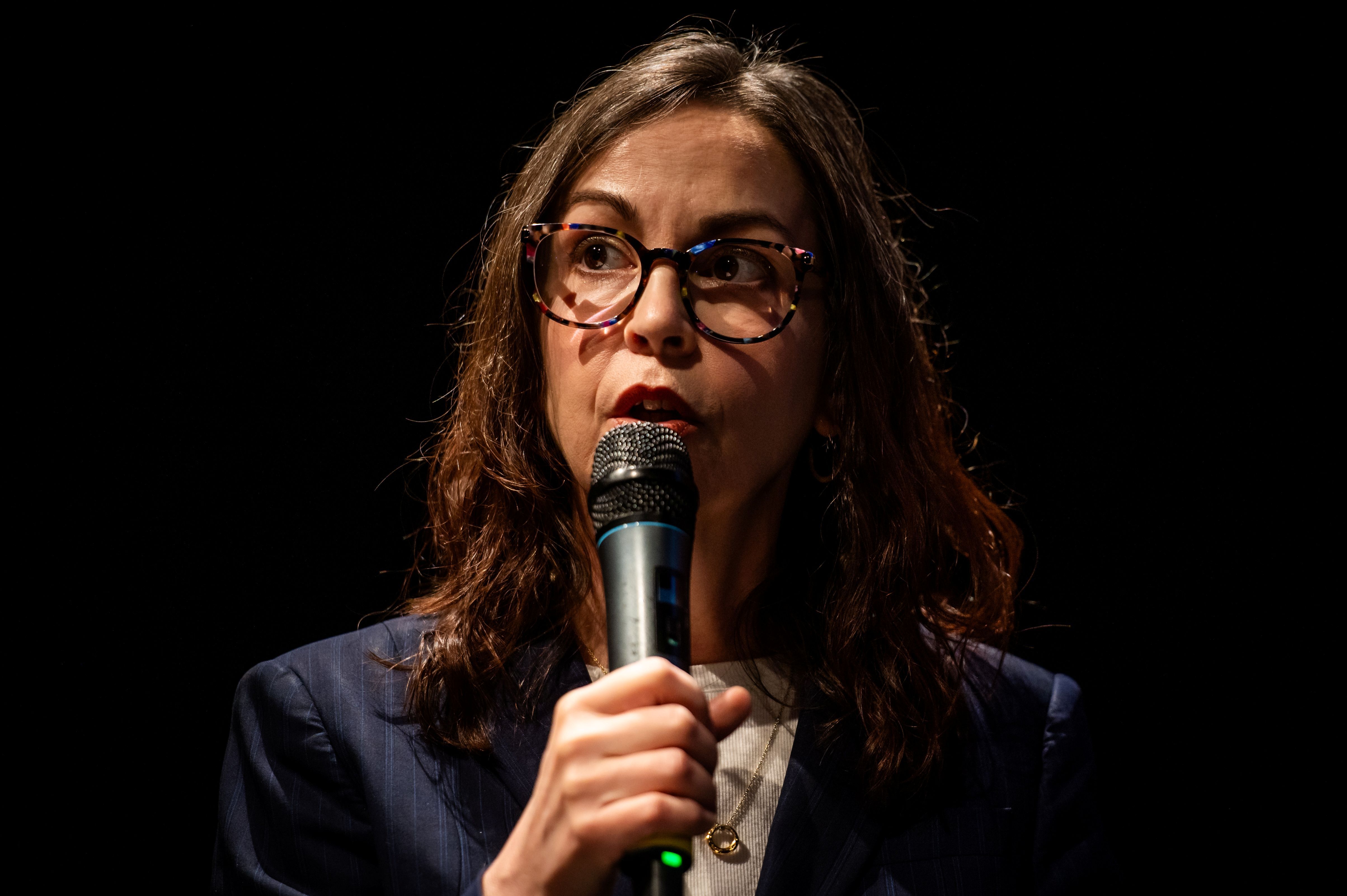
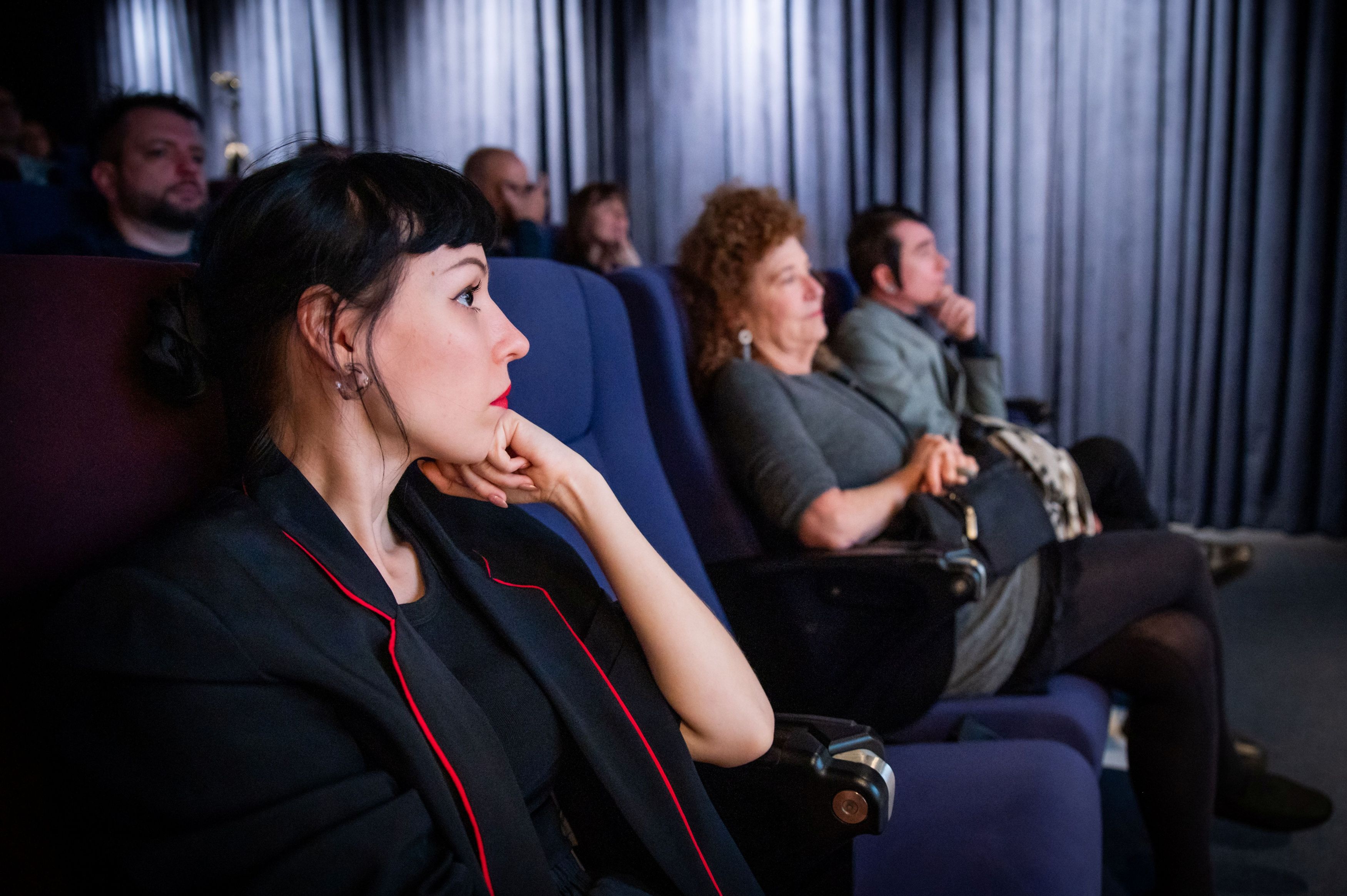

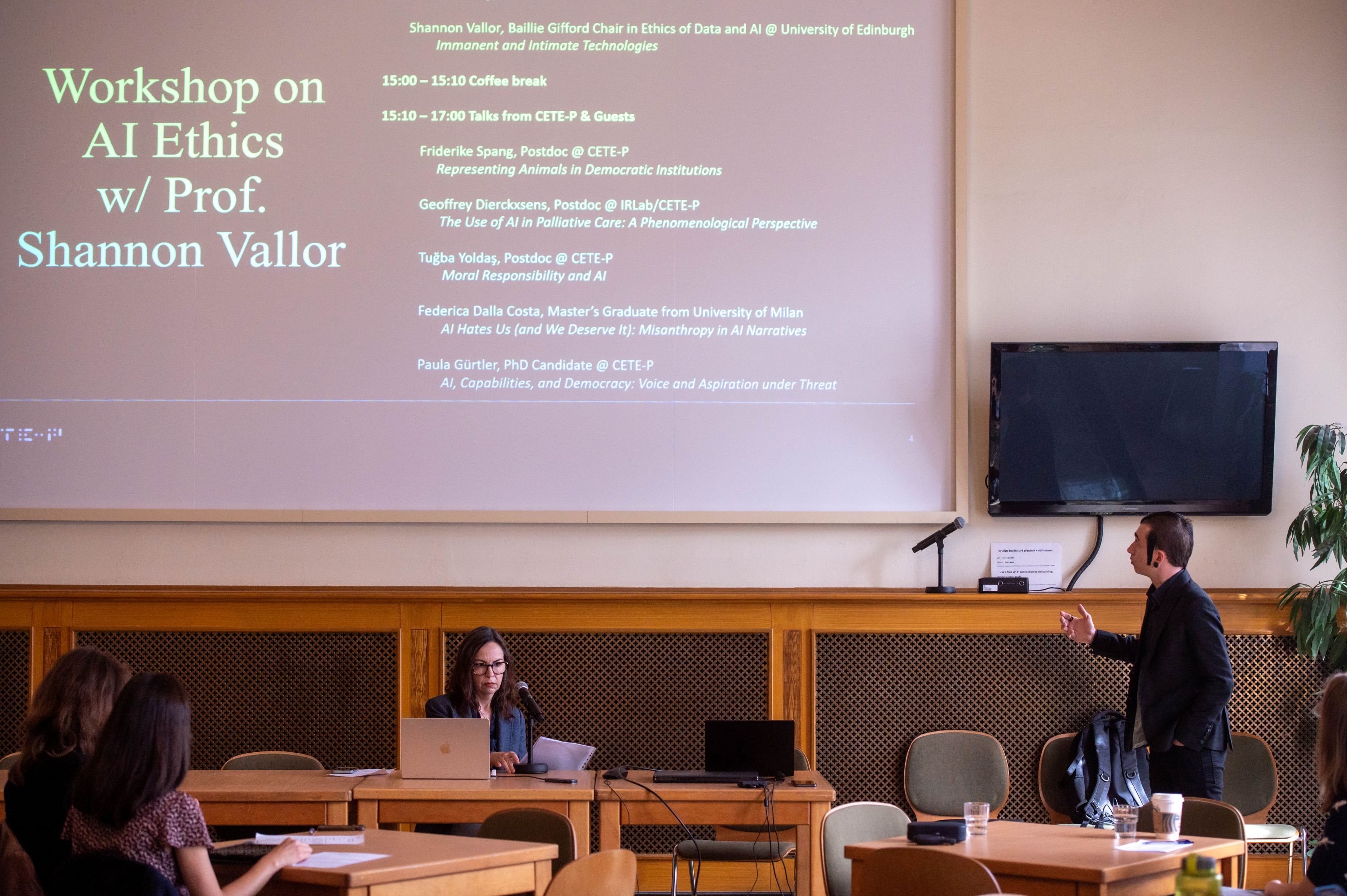
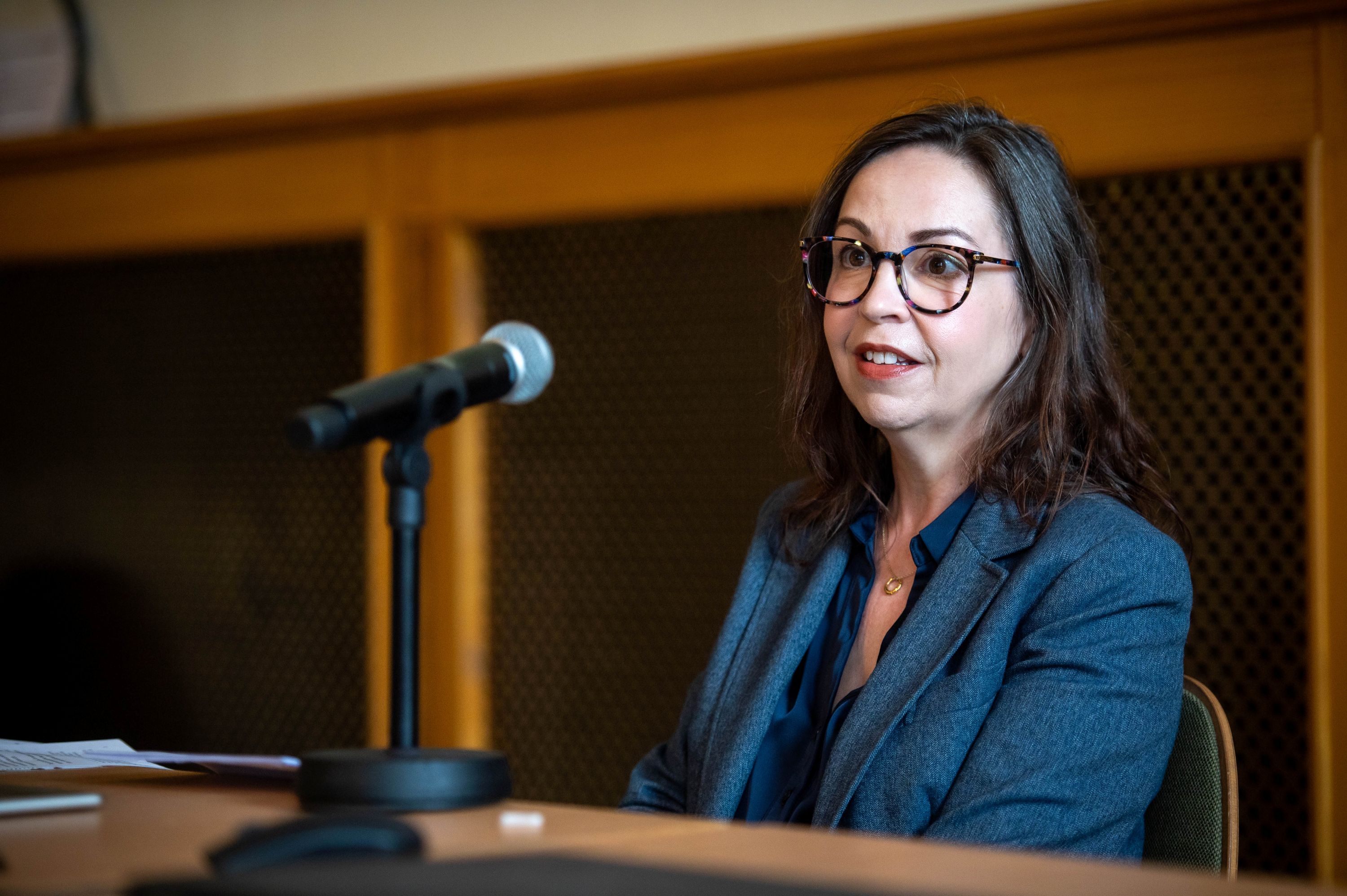
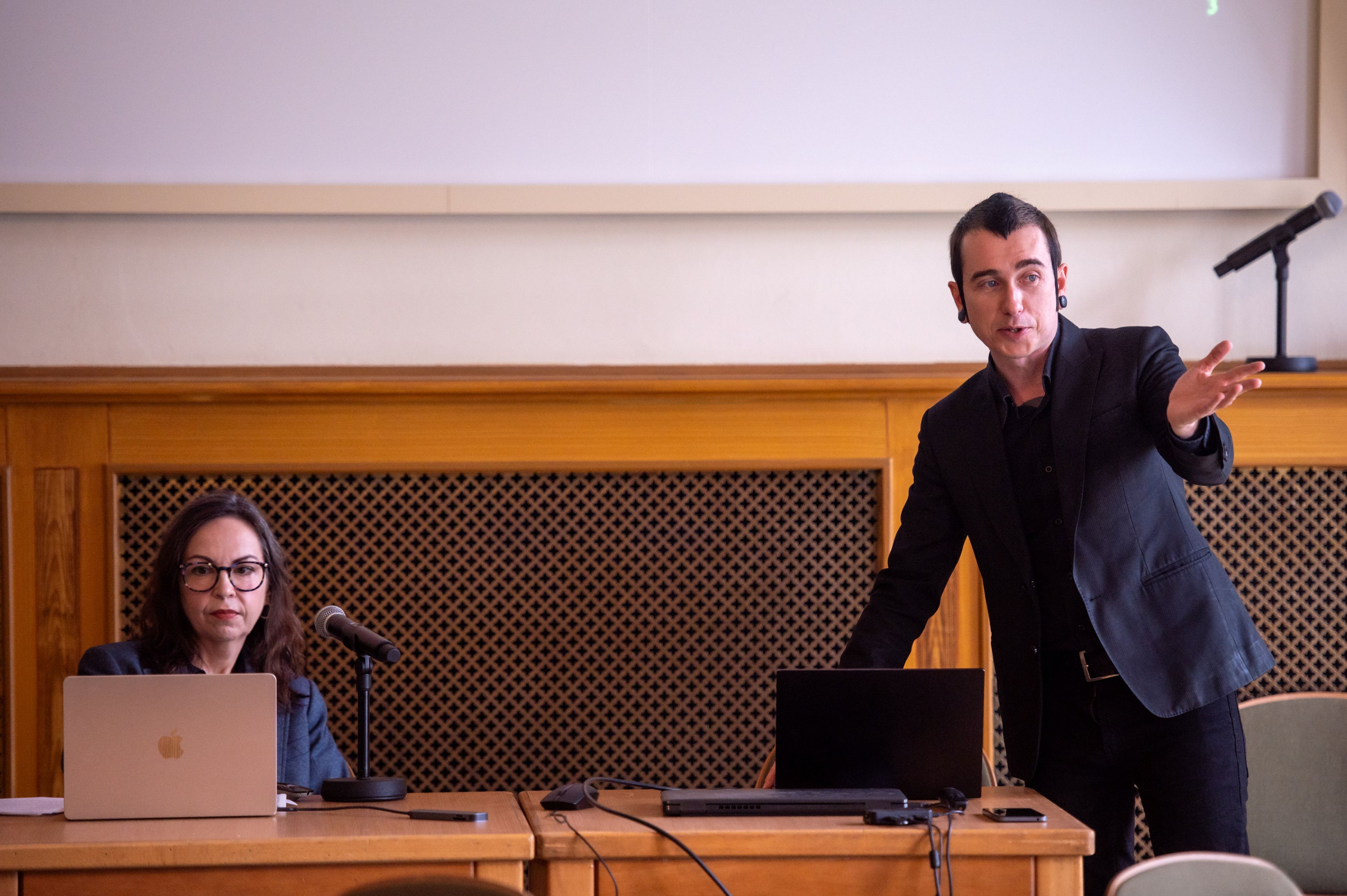
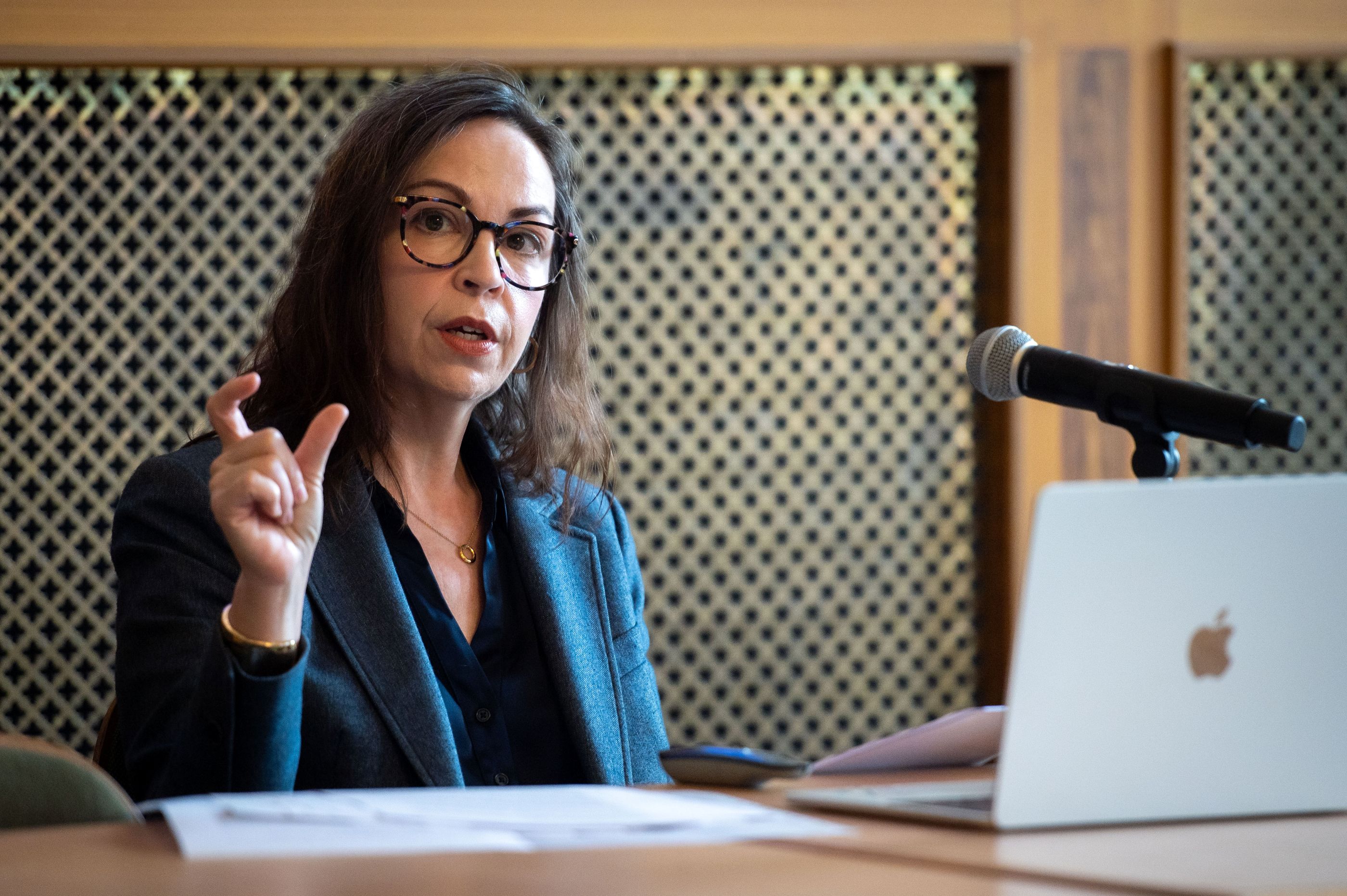
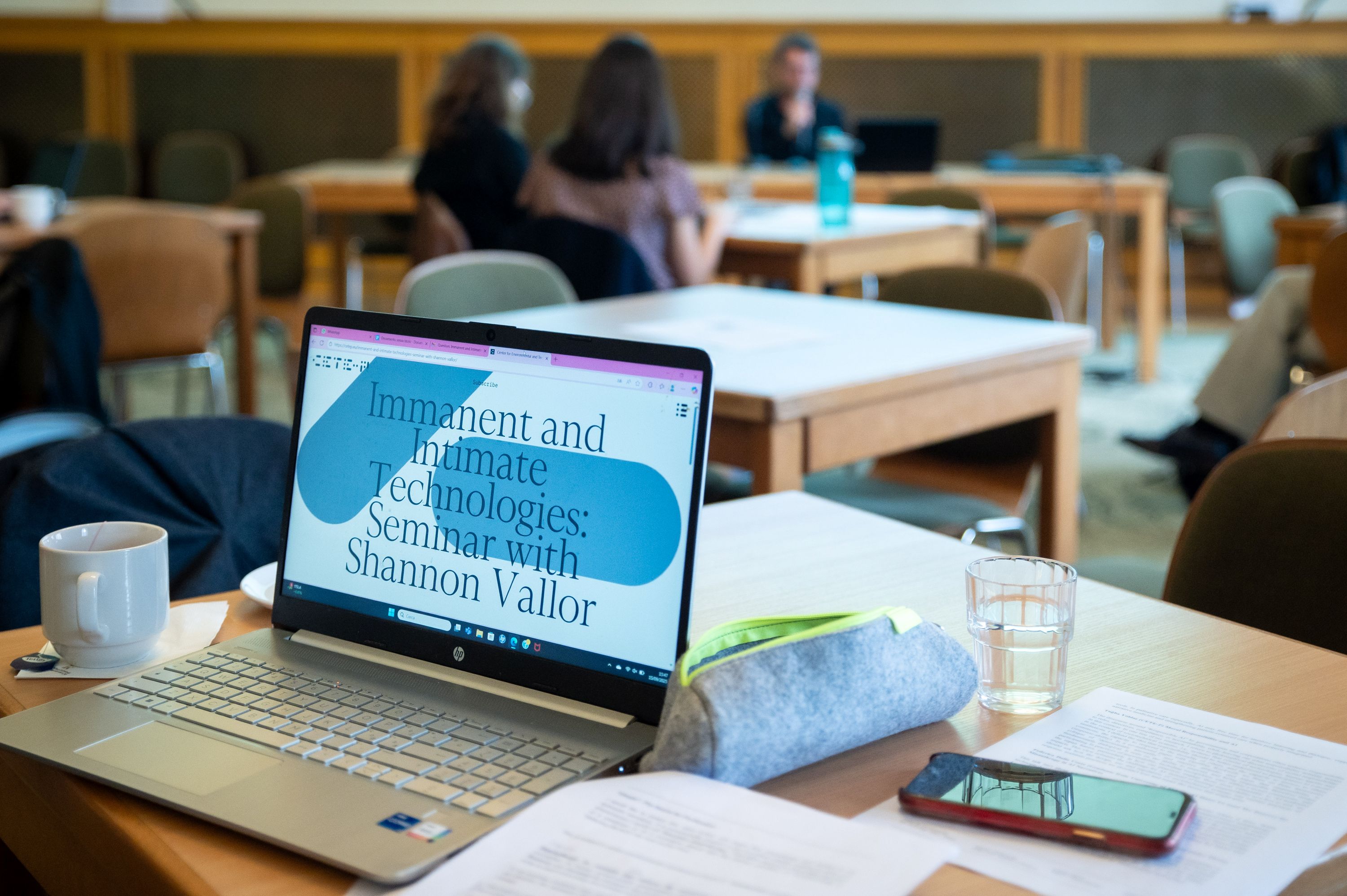
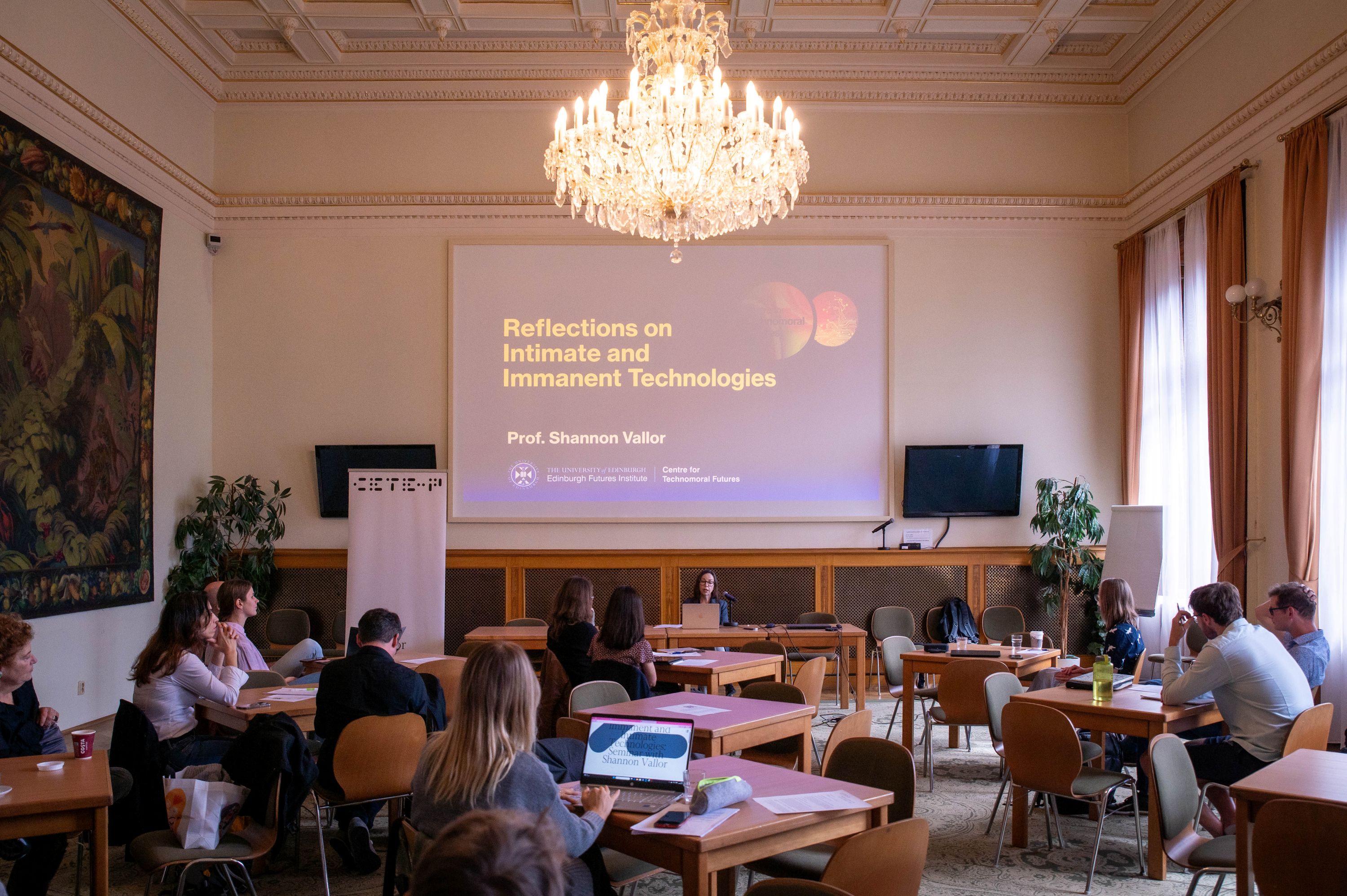
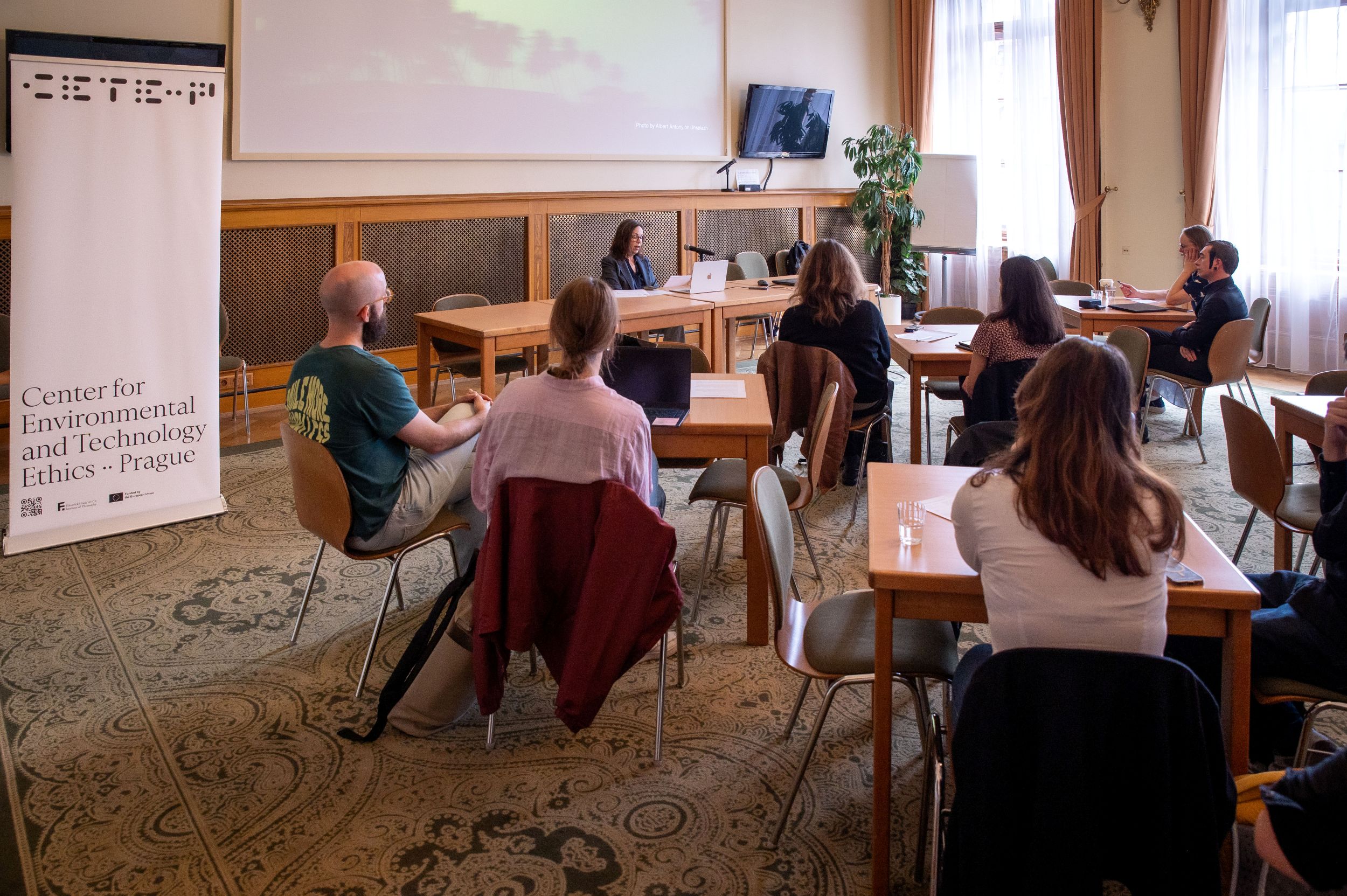
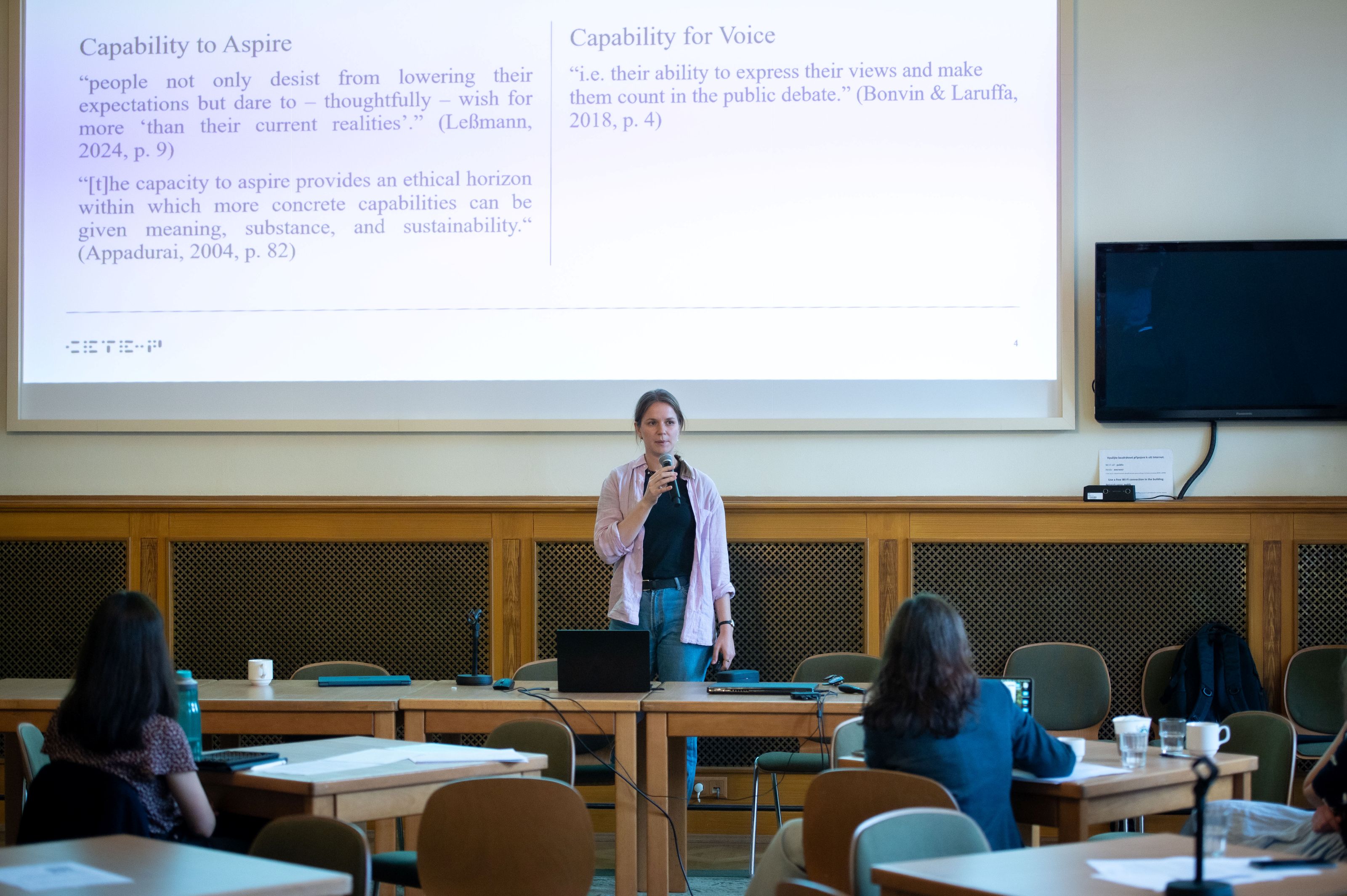
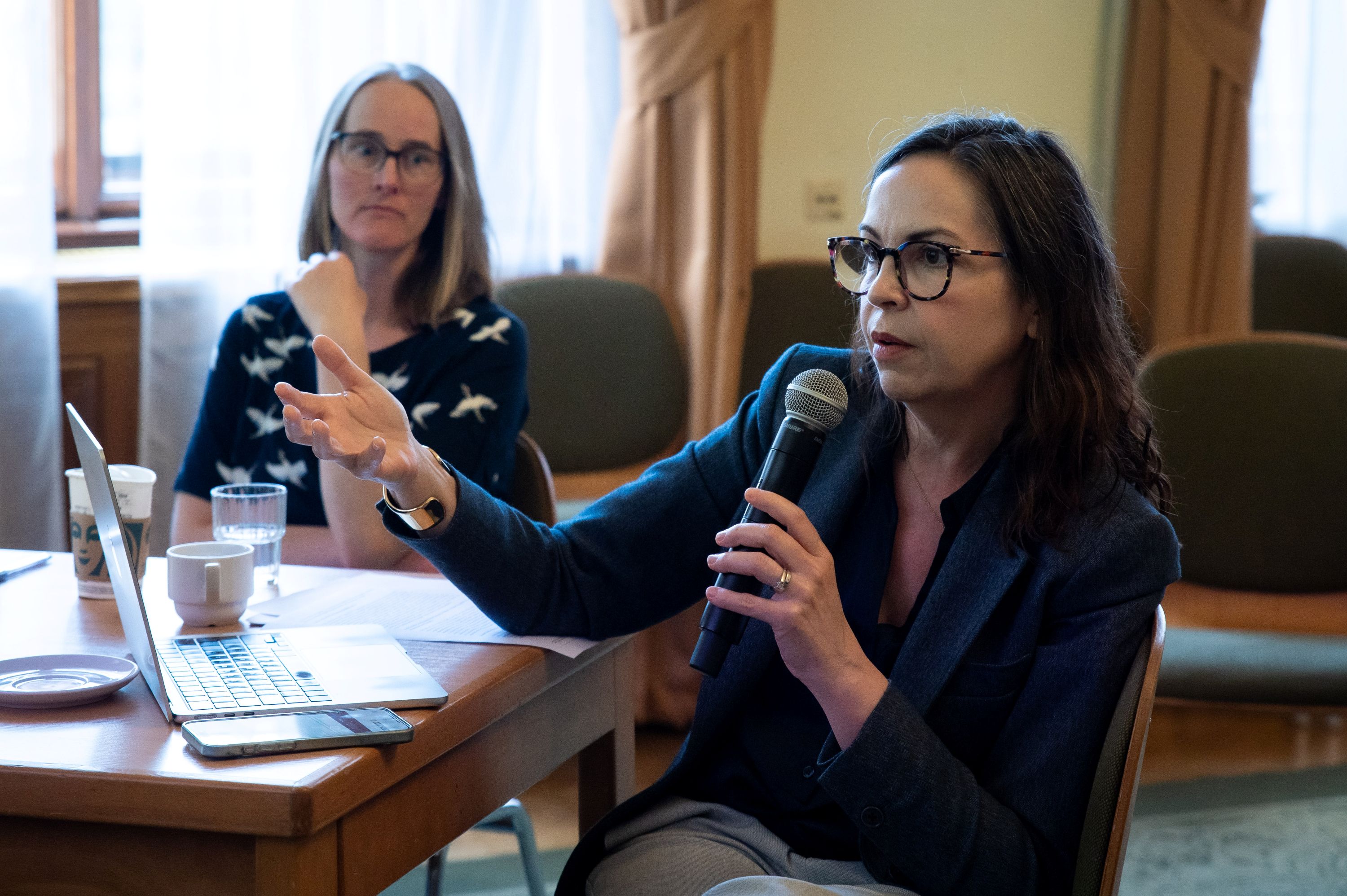
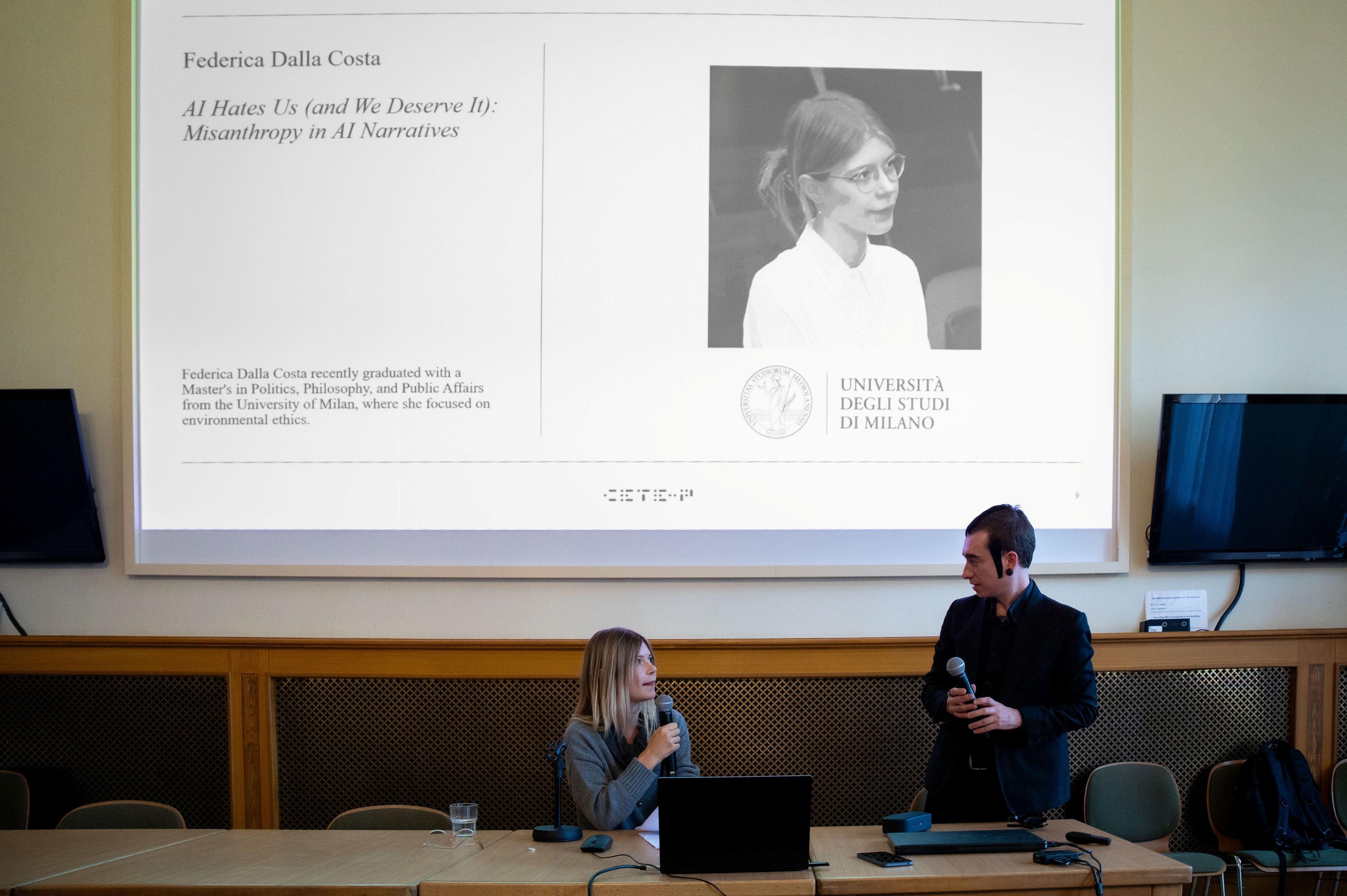
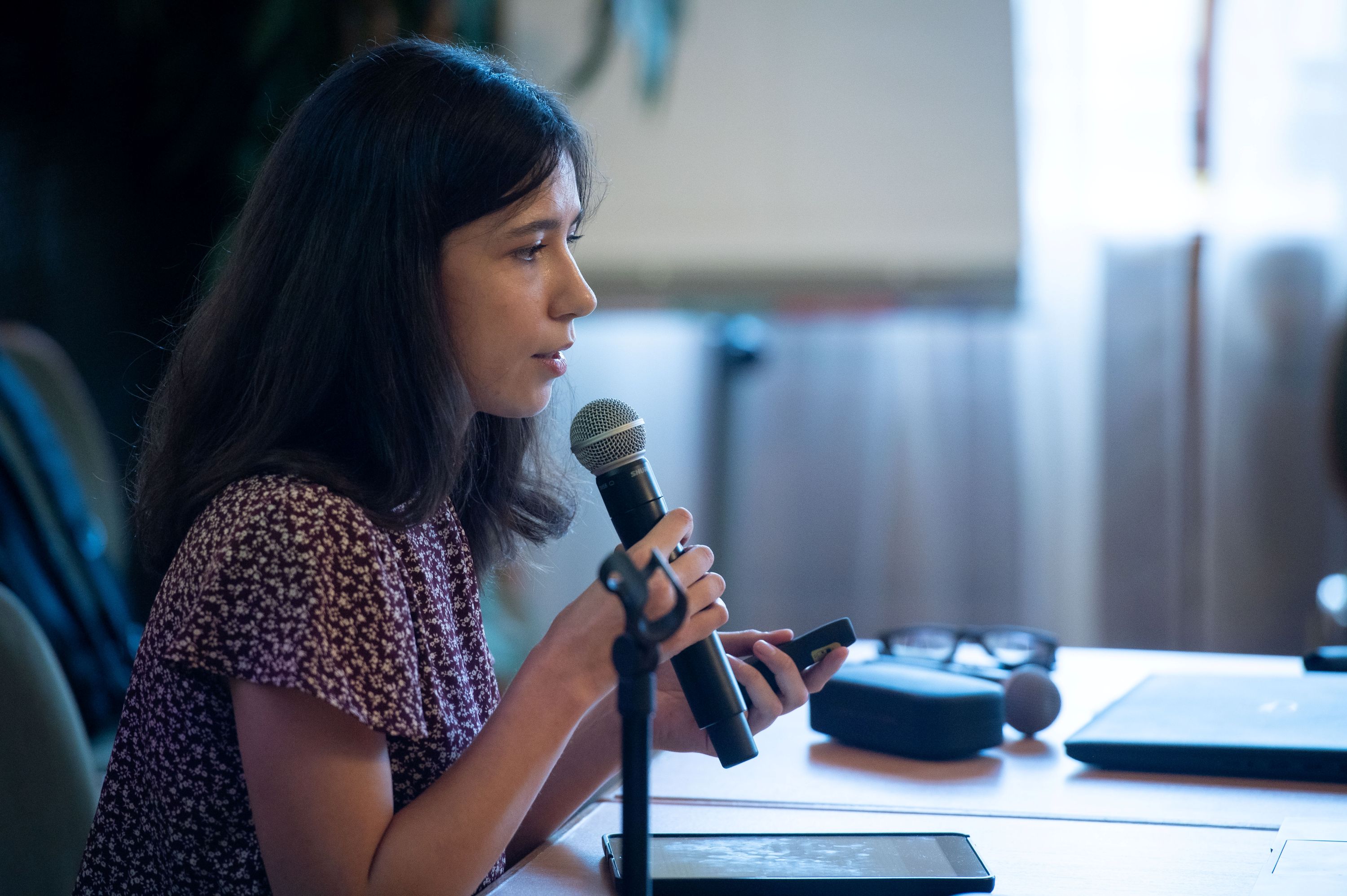
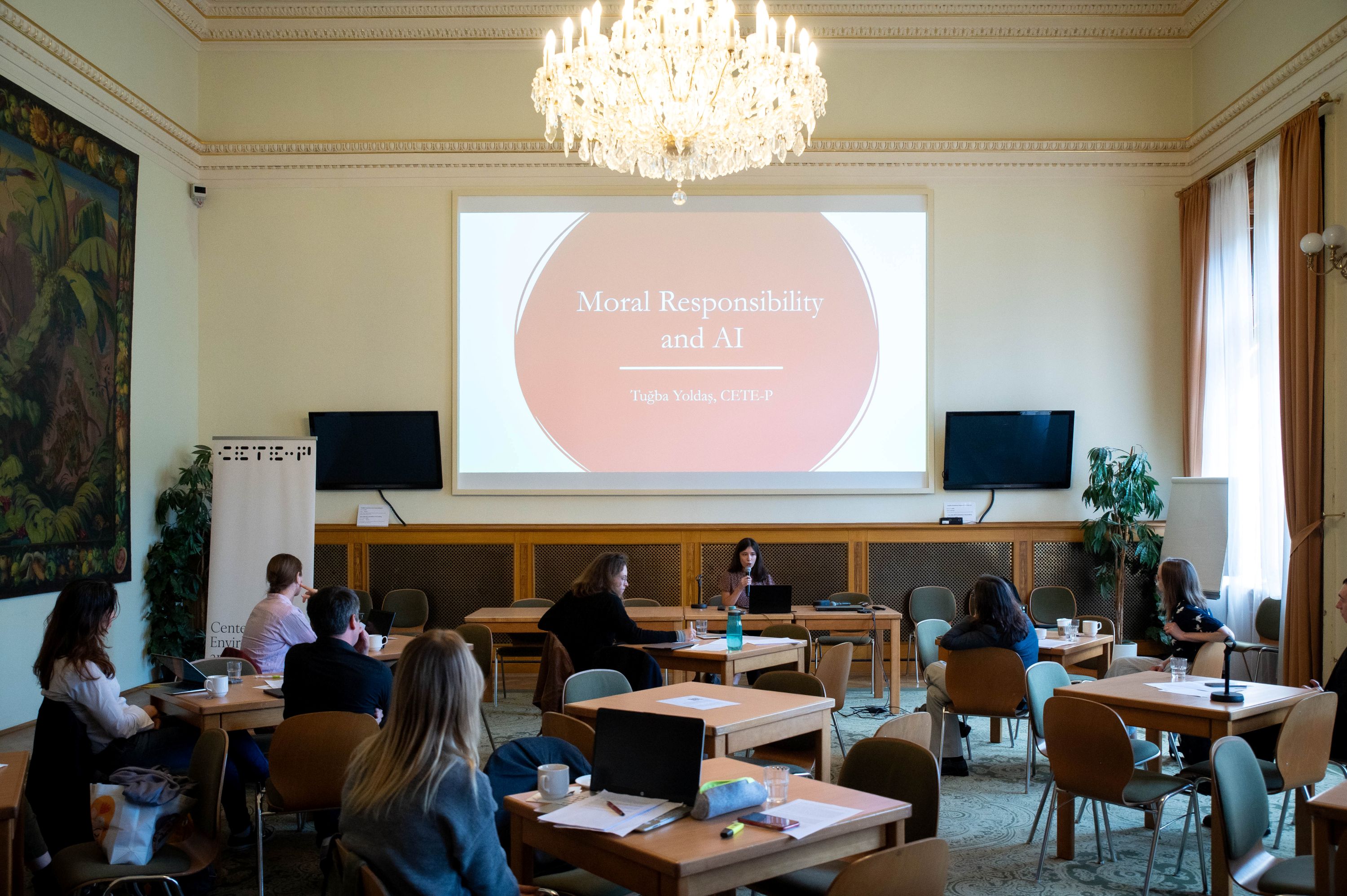
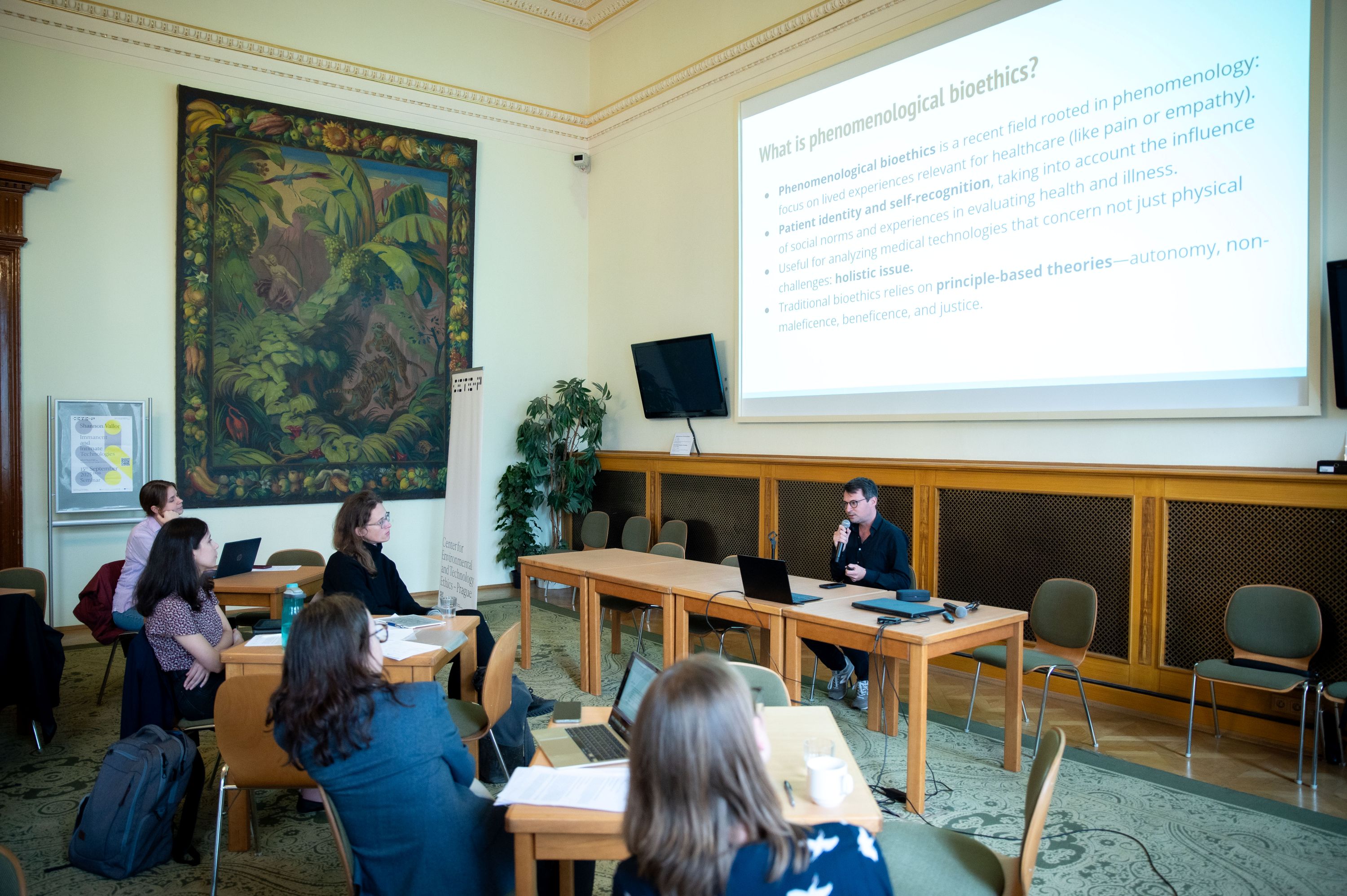
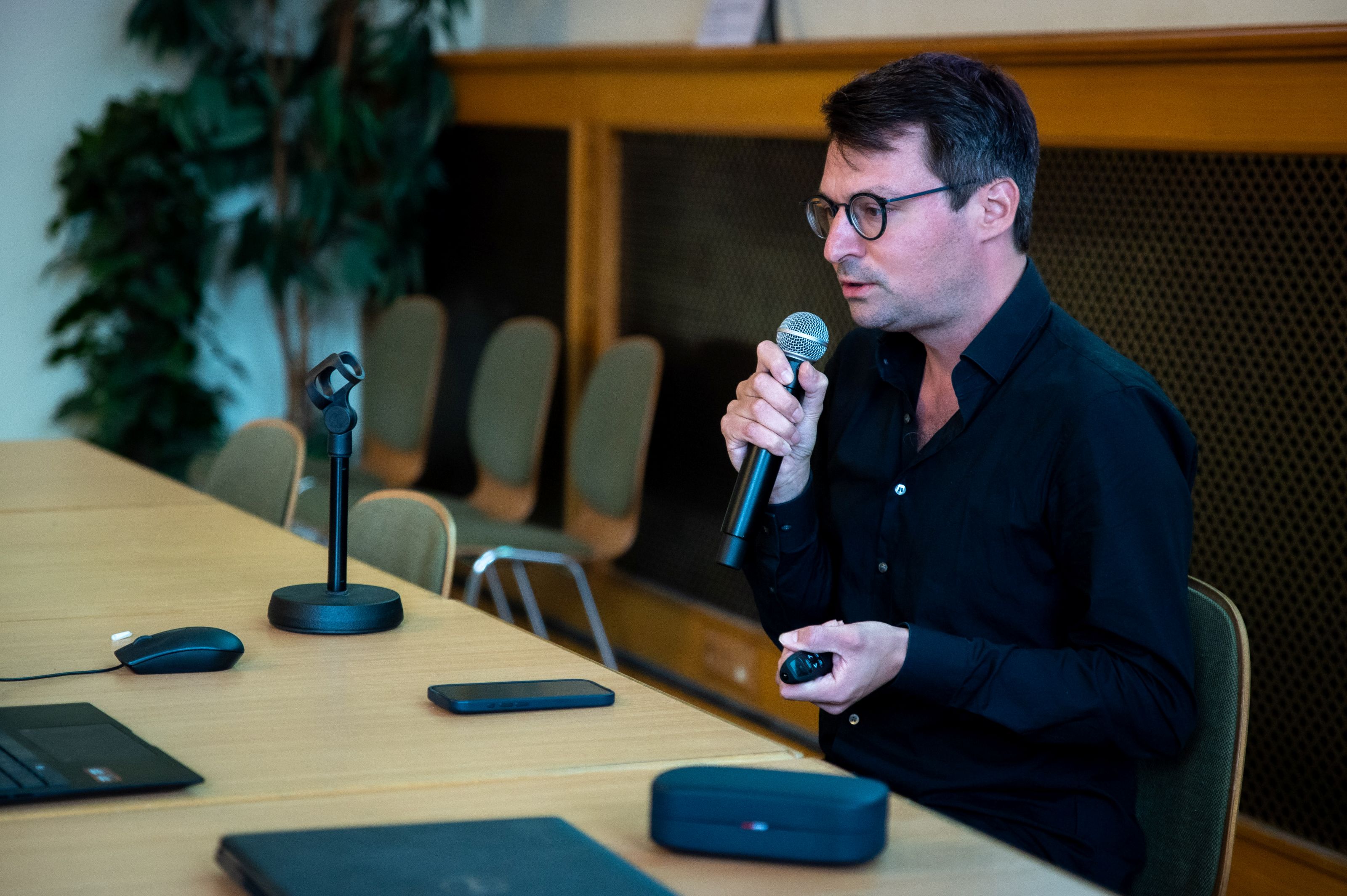
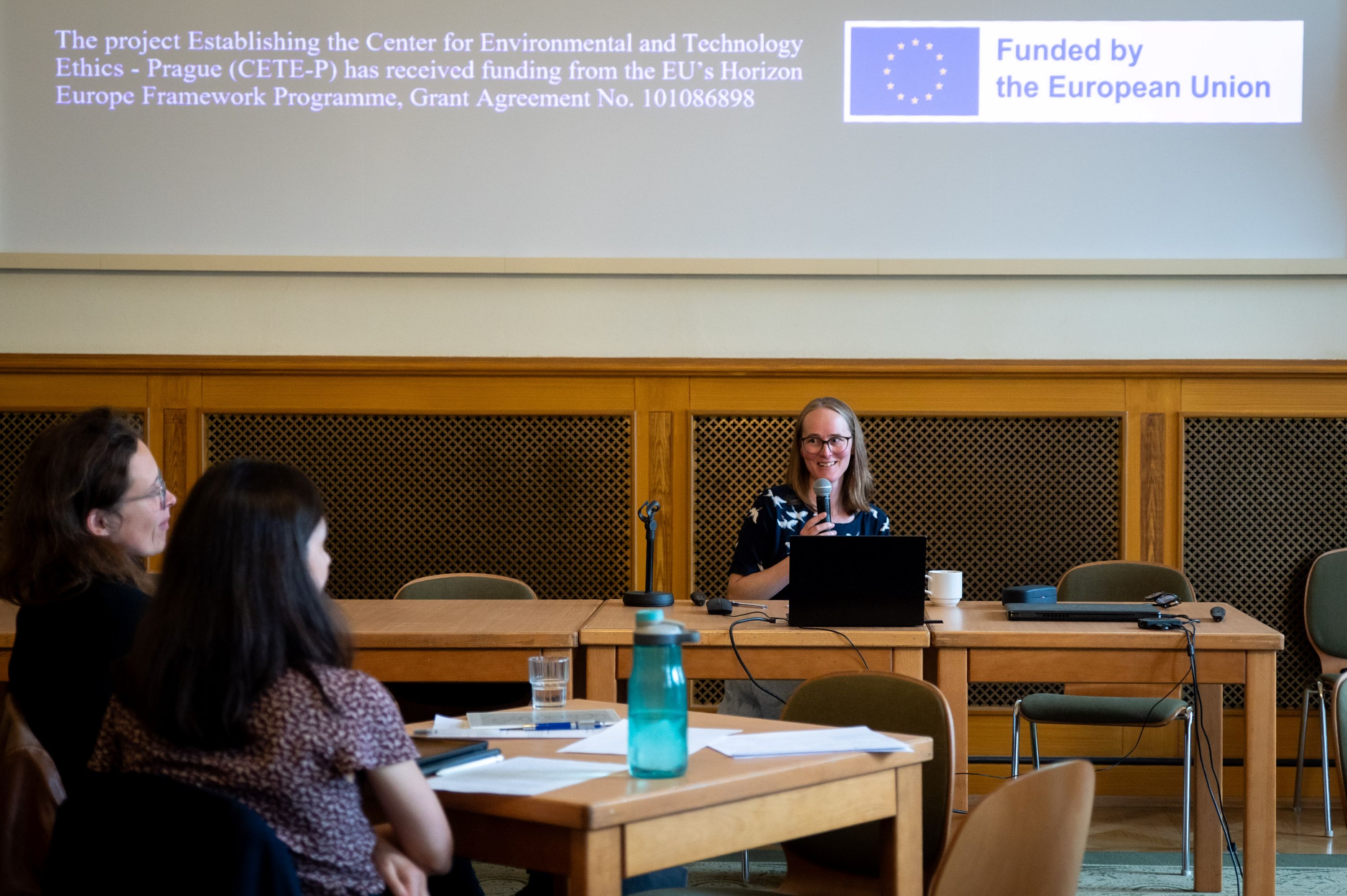
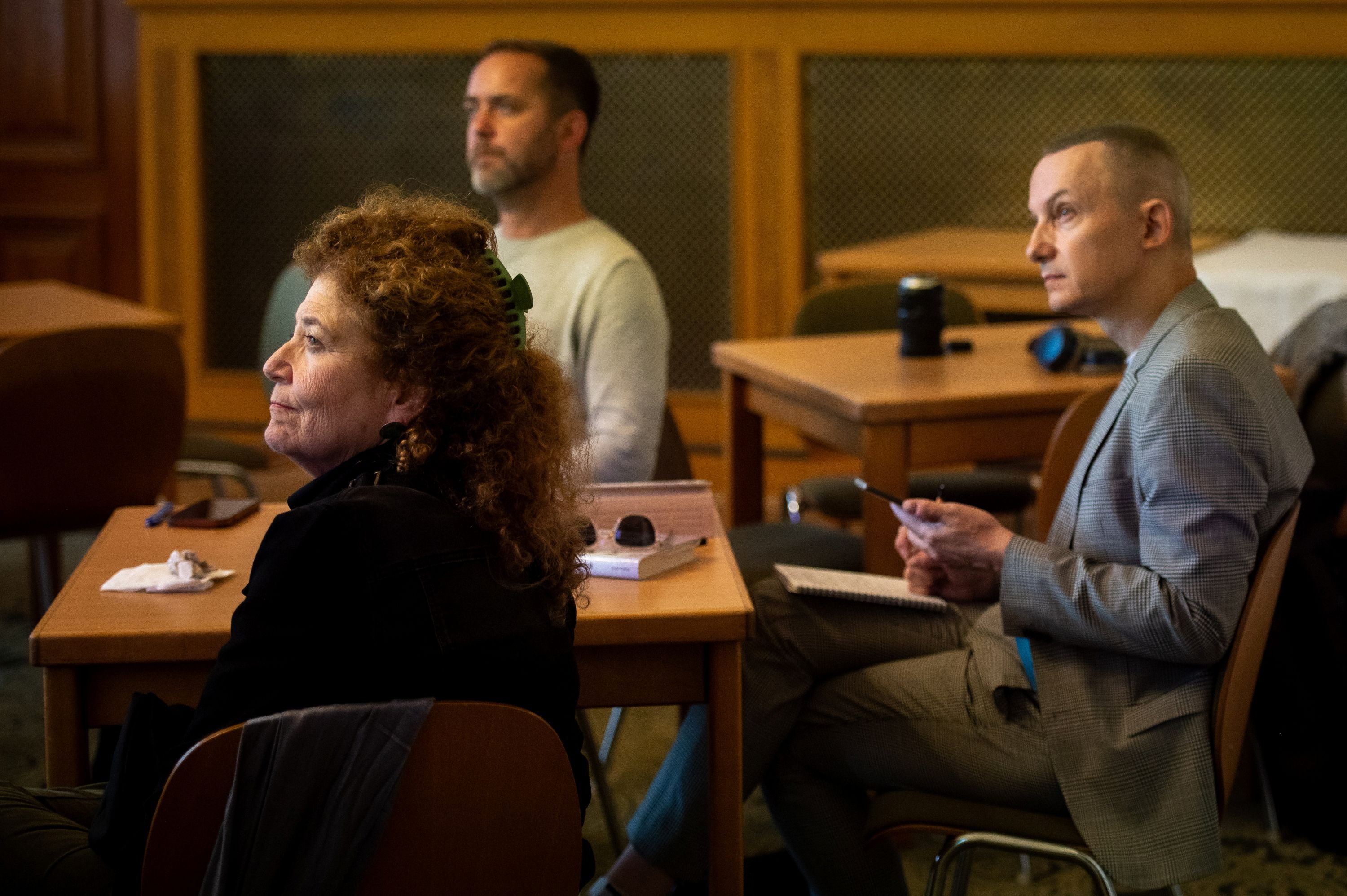
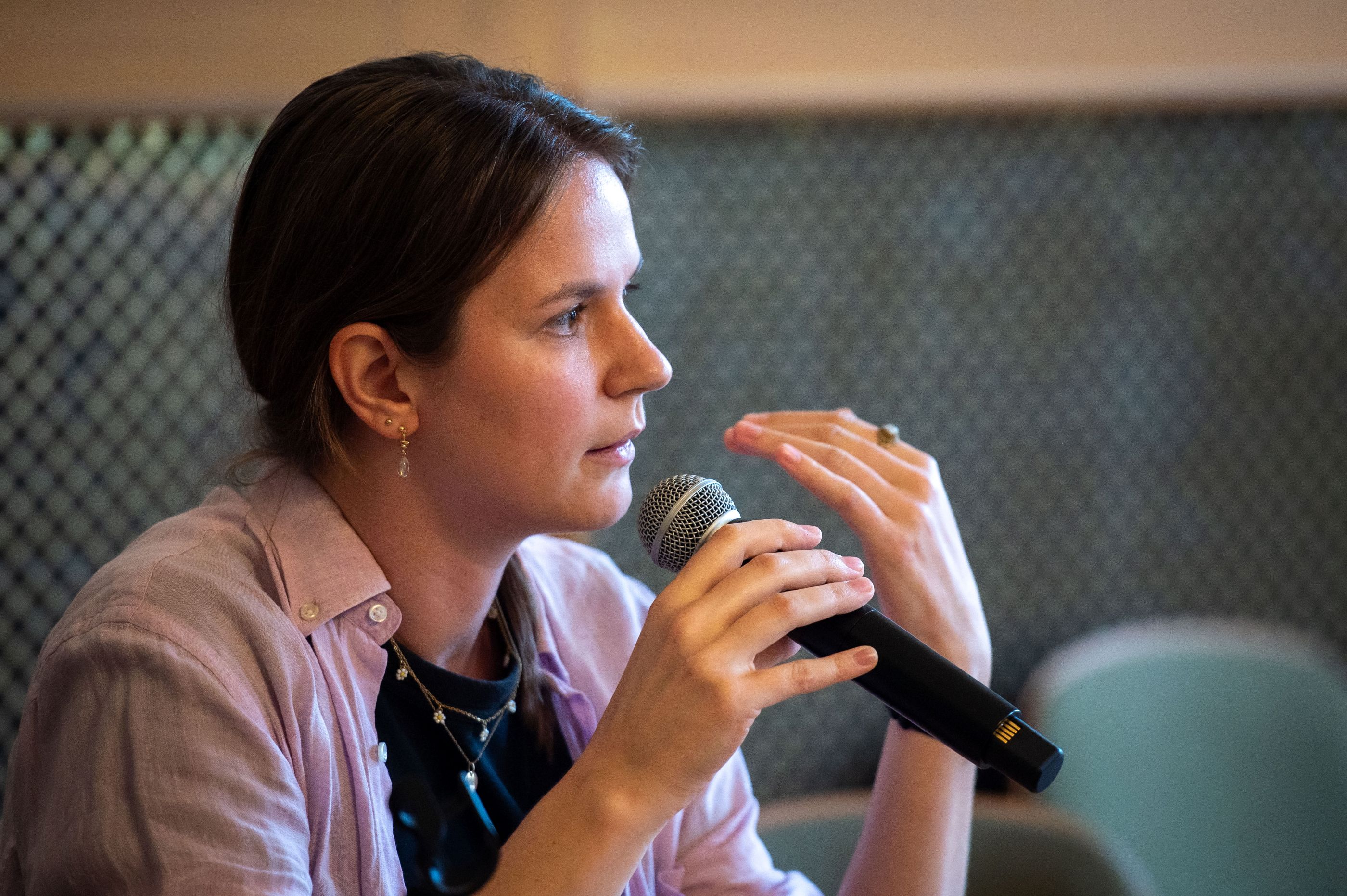
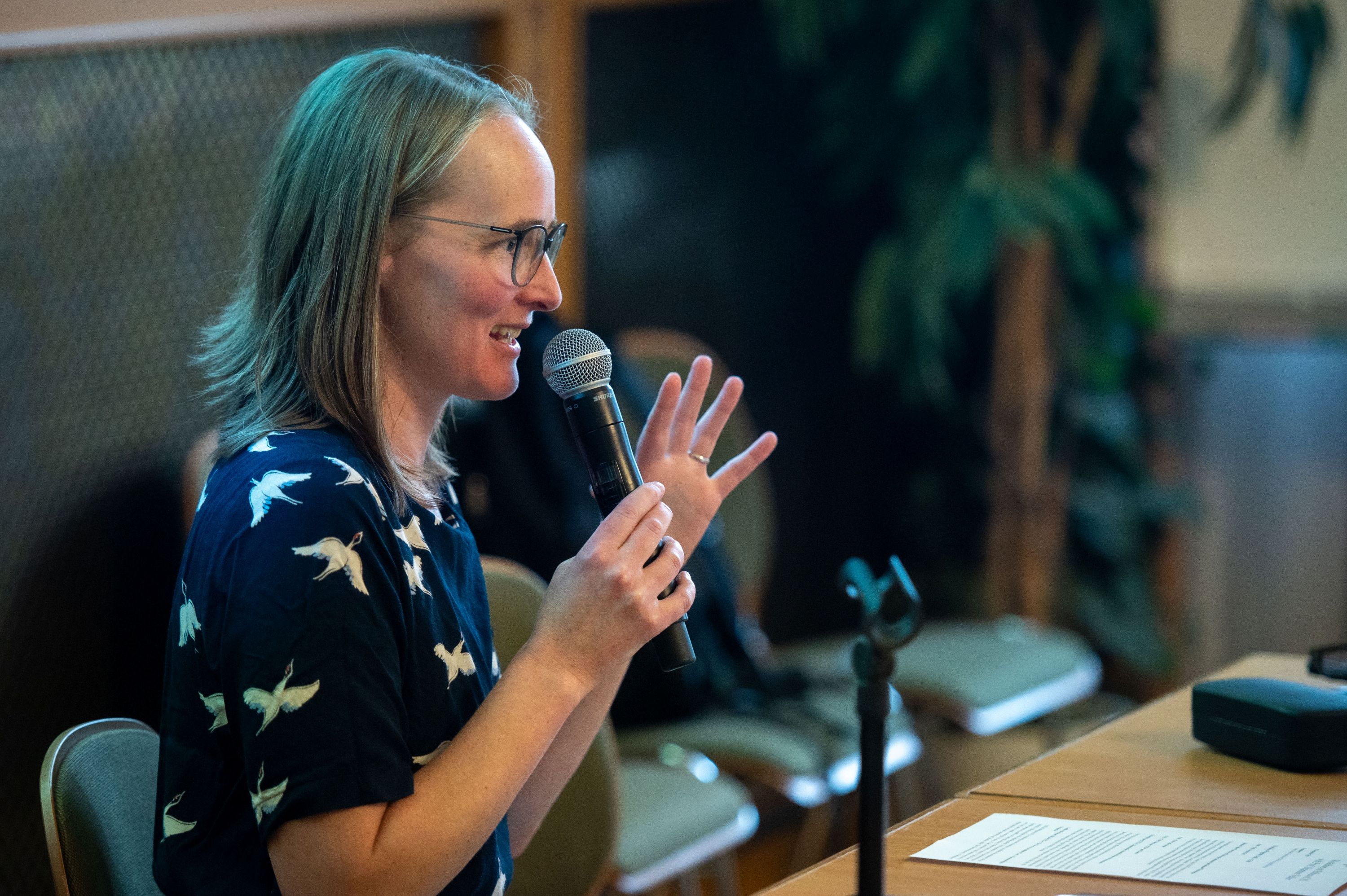
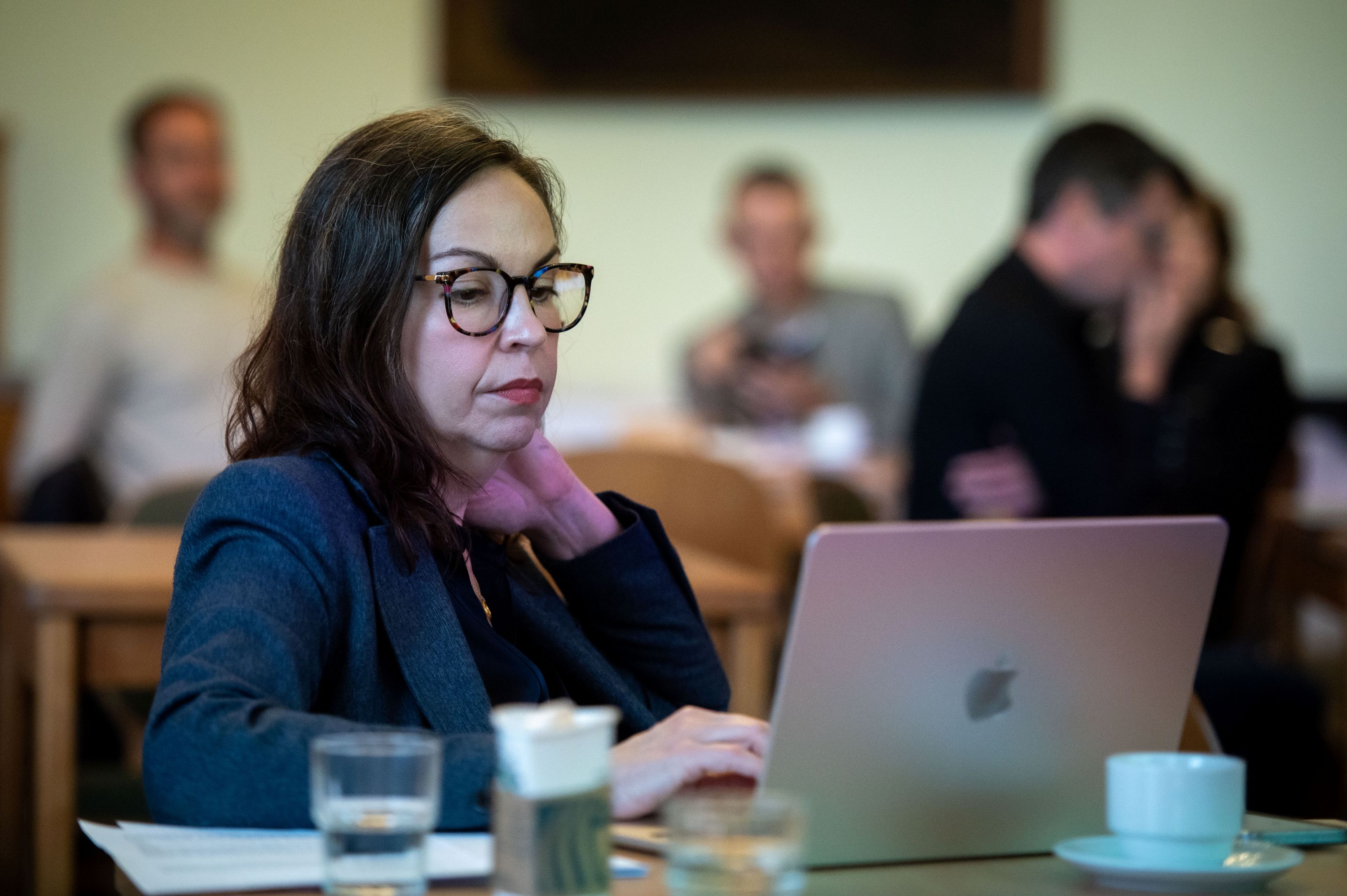


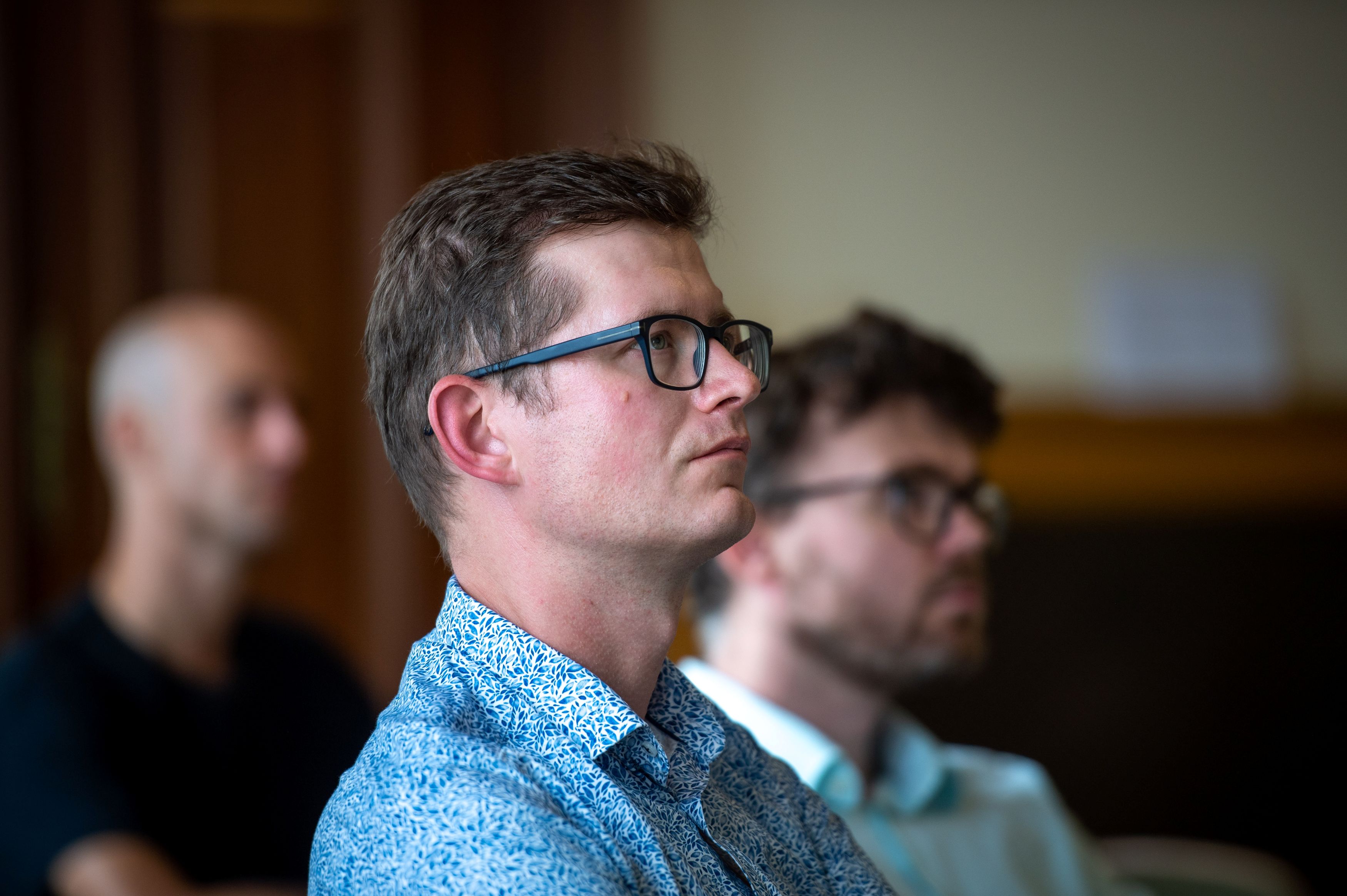
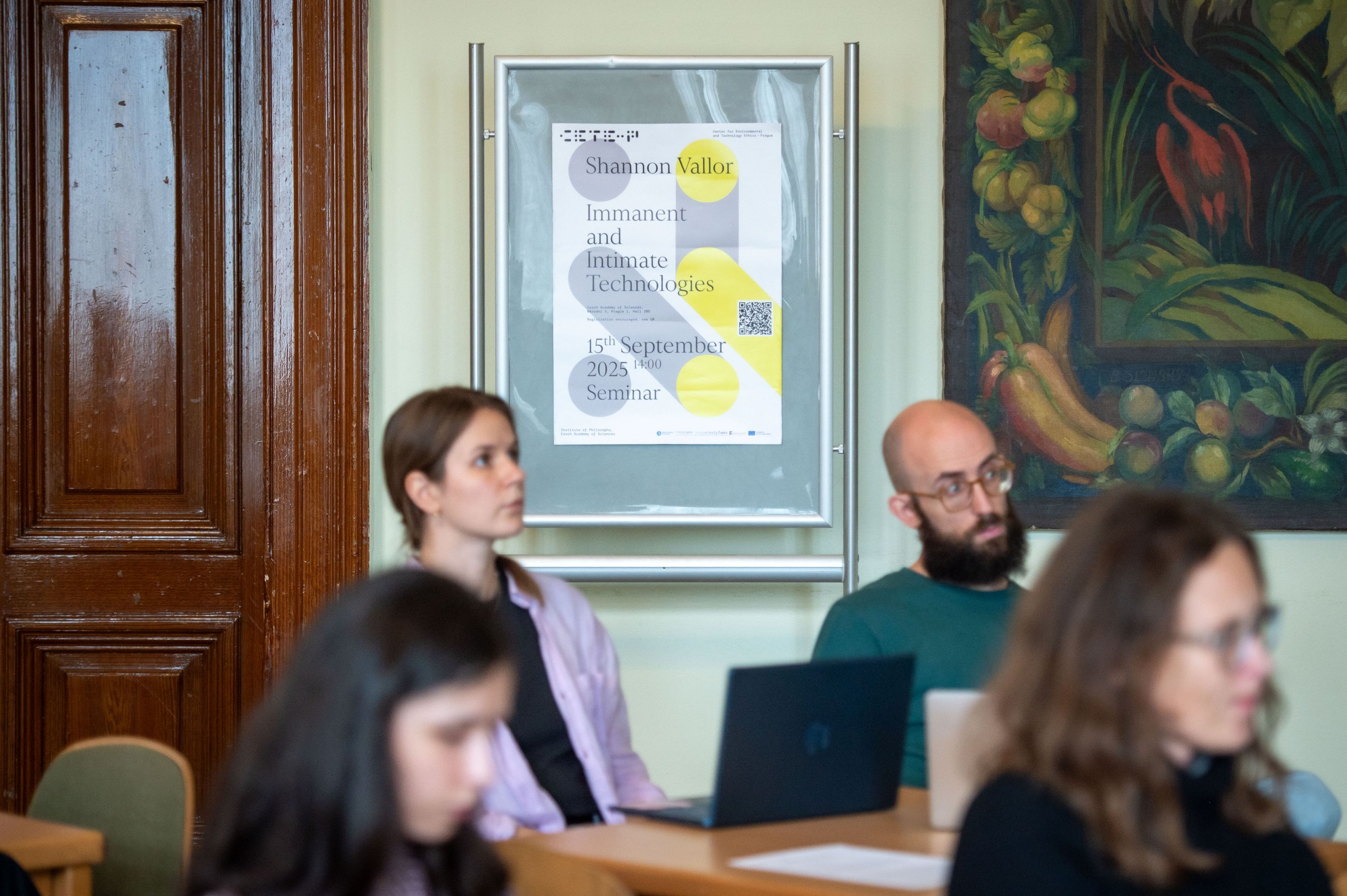
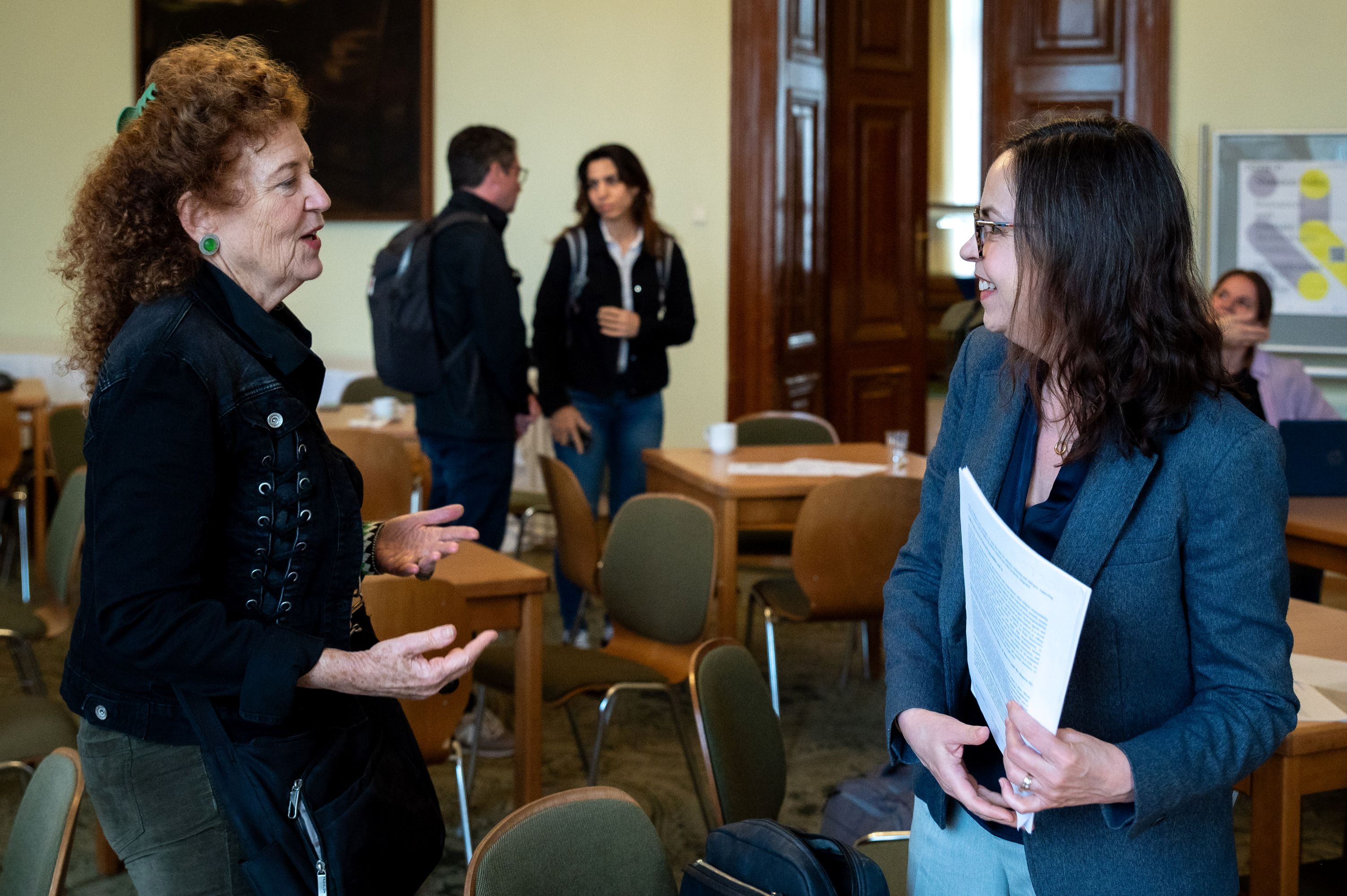
From 14 until 16 September 2025, CETE-P had the honor of hosting Professor Shannon Vallor. Prof. Vallor is Baillie Gifford Chair in the Ethics of Data and Artificial Intelligence at the Edinburgh Futures Institute, University of Edinburgh, where she also directs the Centre for Technomoral Futures. She is internationally recognized as one of the leading philosophers of technology and AI ethics, and the author of two landmark books: Technology and the Virtues (2016, Oxford University Press) and The AI Mirror (2024, Oxford University Press).
The highlight of Prof. Vallor’s visit was her keynote lecture inaugurating the new Karel Čapek Public Lecture Series in Technology Ethics, CETE-P’s annual flagship event that brings the world’s foremost thinkers in AI and philosophy of technology to Prague. In her talk, The AI Mirror: How to Reclaim Our Humanity in an Age of Machine Thinking (16 September 2025, Edison Filmhub, Prague), Prof. Vallor drew on her recent book to explore how generative AI functions as a cultural mirror that reflects our past habits of thought, while narrowing our capacity to imagine new futures. She warned that the inherently conservative nature of such tools risks deepening structural injustice and foreclosing democratic possibilities, unless we develop new forms of governance and public discourse around innovation. The lecture attracted a large audience and launched what will become an annual tradition of engaging the wider public in urgent debates on technology and ethics.
In addition to the lecture, Prof. Vallor also led a research seminar on Immanent and Intimate Technologies (15 September 2025, Czech Academy of Sciences, Národní 3, Prague 1). The seminar, inspired by Charles Taylor's A Secular Age, examined how the "immanent frame" of modernity has been rapidly accelerated by contemporary AI technologies and political imaginaries. Vallor proposed distinguishing between immanent and intimate technologies as a philosophical resource for resisting authoritarian enclosures of human meaning. The seminar included responses and presentations from CETE-P researchers and invited guests, fostering vibrant discussion across diverse projects in AI ethics, phenomenology, and democratic theory.
Prof. Vallor’s visit was made possible through support from Strategy AV21 (Czech Academy of Sciences) and CEVAST (Karel Čapek Center for Values in Science and Technology).
Photos: Anna Šolcová
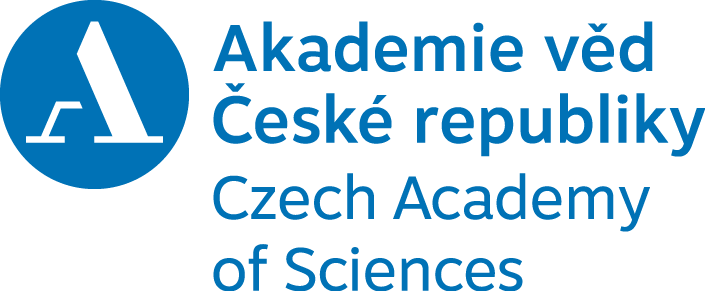









































From 14 until 16 September 2025, CETE-P had the honor of hosting Professor Shannon Vallor. Prof. Vallor is Baillie Gifford Chair in the Ethics of Data and Artificial Intelligence at the Edinburgh Futures Institute, University of Edinburgh, where she also directs the Centre for Technomoral Futures. She is internationally recognized as one of the leading philosophers of technology and AI ethics, and the author of two landmark books: Technology and the Virtues (2016, Oxford University Press) and The AI Mirror (2024, Oxford University Press).
The highlight of Prof. Vallor’s visit was her keynote lecture inaugurating the new Karel Čapek Public Lecture Series in Technology Ethics, CETE-P’s annual flagship event that brings the world’s foremost thinkers in AI and philosophy of technology to Prague. In her talk, The AI Mirror: How to Reclaim Our Humanity in an Age of Machine Thinking (16 September 2025, Edison Filmhub, Prague), Prof. Vallor drew on her recent book to explore how generative AI functions as a cultural mirror that reflects our past habits of thought, while narrowing our capacity to imagine new futures. She warned that the inherently conservative nature of such tools risks deepening structural injustice and foreclosing democratic possibilities, unless we develop new forms of governance and public discourse around innovation. The lecture attracted a large audience and launched what will become an annual tradition of engaging the wider public in urgent debates on technology and ethics.
In addition to the lecture, Prof. Vallor also led a research seminar on Immanent and Intimate Technologies (15 September 2025, Czech Academy of Sciences, Národní 3, Prague 1). The seminar, inspired by Charles Taylor's A Secular Age, examined how the "immanent frame" of modernity has been rapidly accelerated by contemporary AI technologies and political imaginaries. Vallor proposed distinguishing between immanent and intimate technologies as a philosophical resource for resisting authoritarian enclosures of human meaning. The seminar included responses and presentations from CETE-P researchers and invited guests, fostering vibrant discussion across diverse projects in AI ethics, phenomenology, and democratic theory.
Prof. Vallor’s visit was made possible through support from Strategy AV21 (Czech Academy of Sciences) and CEVAST (Karel Čapek Center for Values in Science and Technology).
Photos: Anna Šolcová



•• All News
Celetná 988/38
Prague 1
Czech Republic
This project receives funding from the Horizon EU Framework Programme under Grant Agreement No. 101086898.